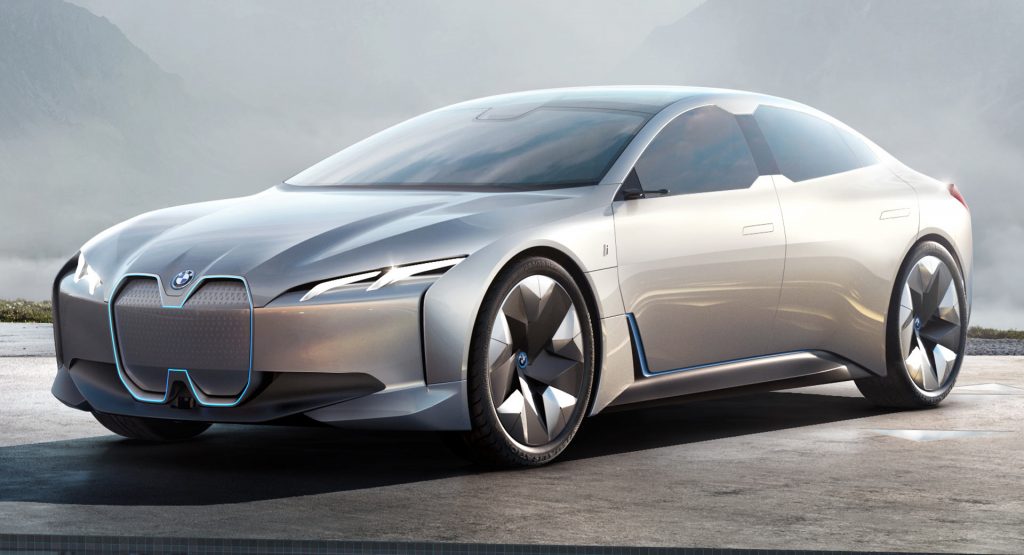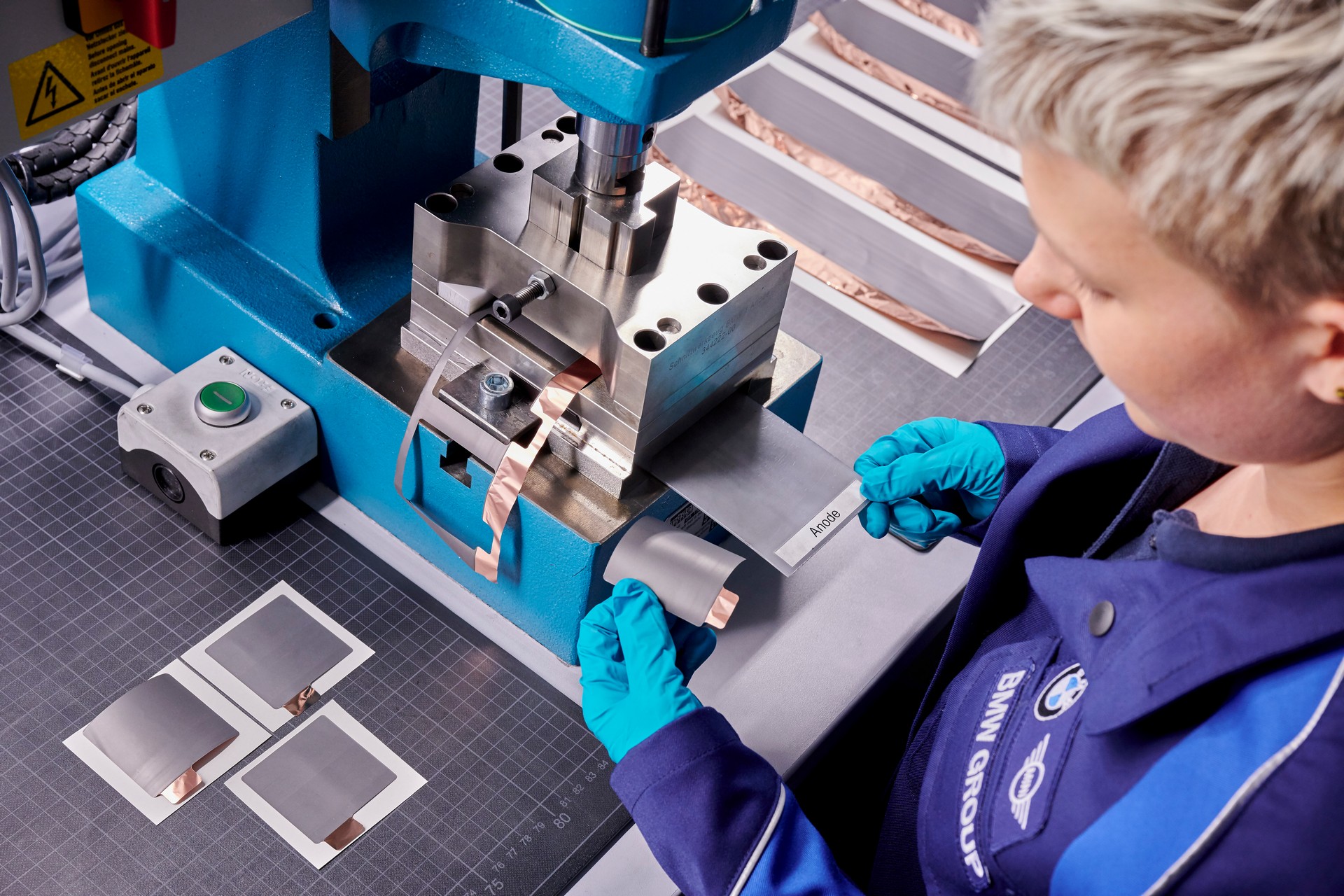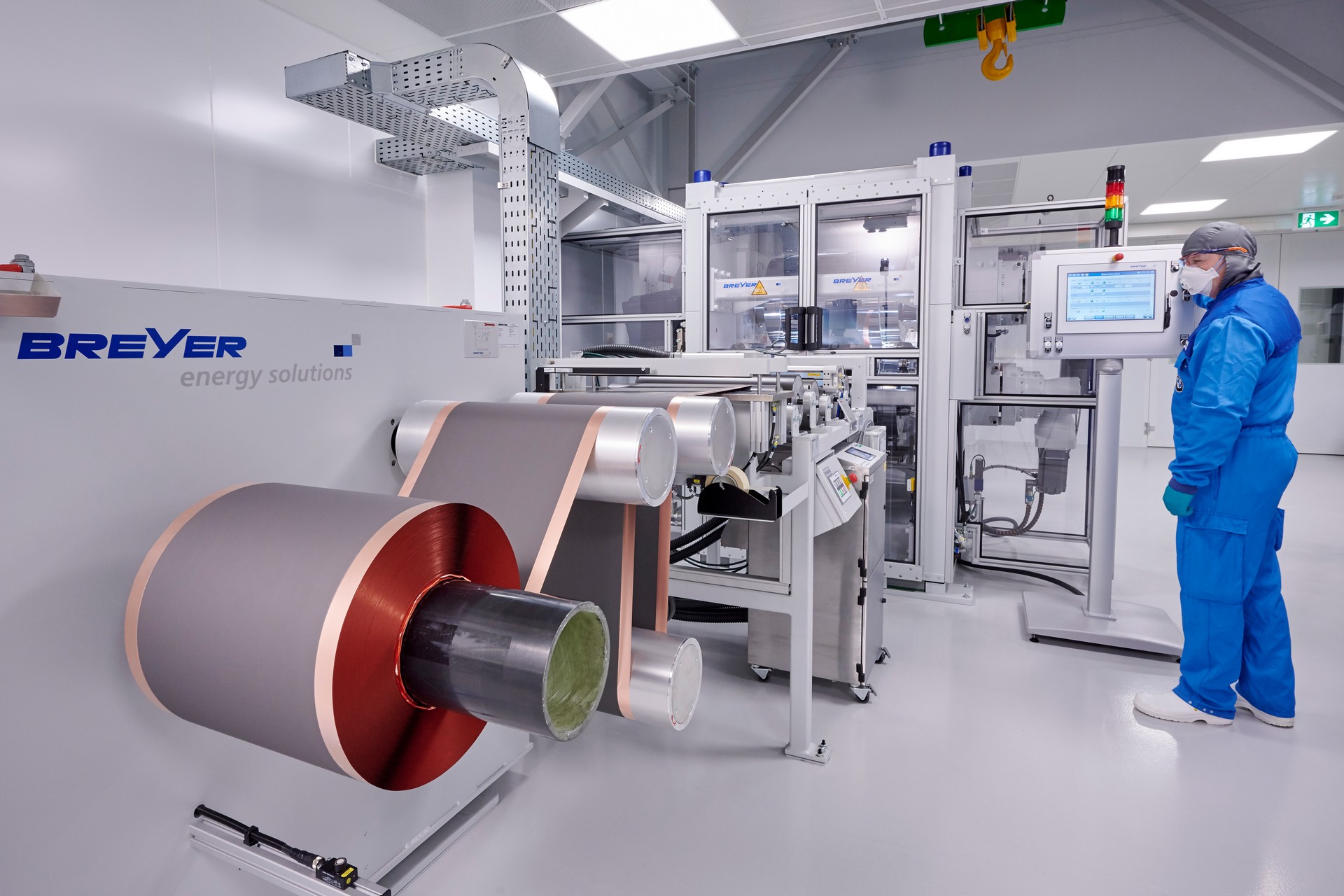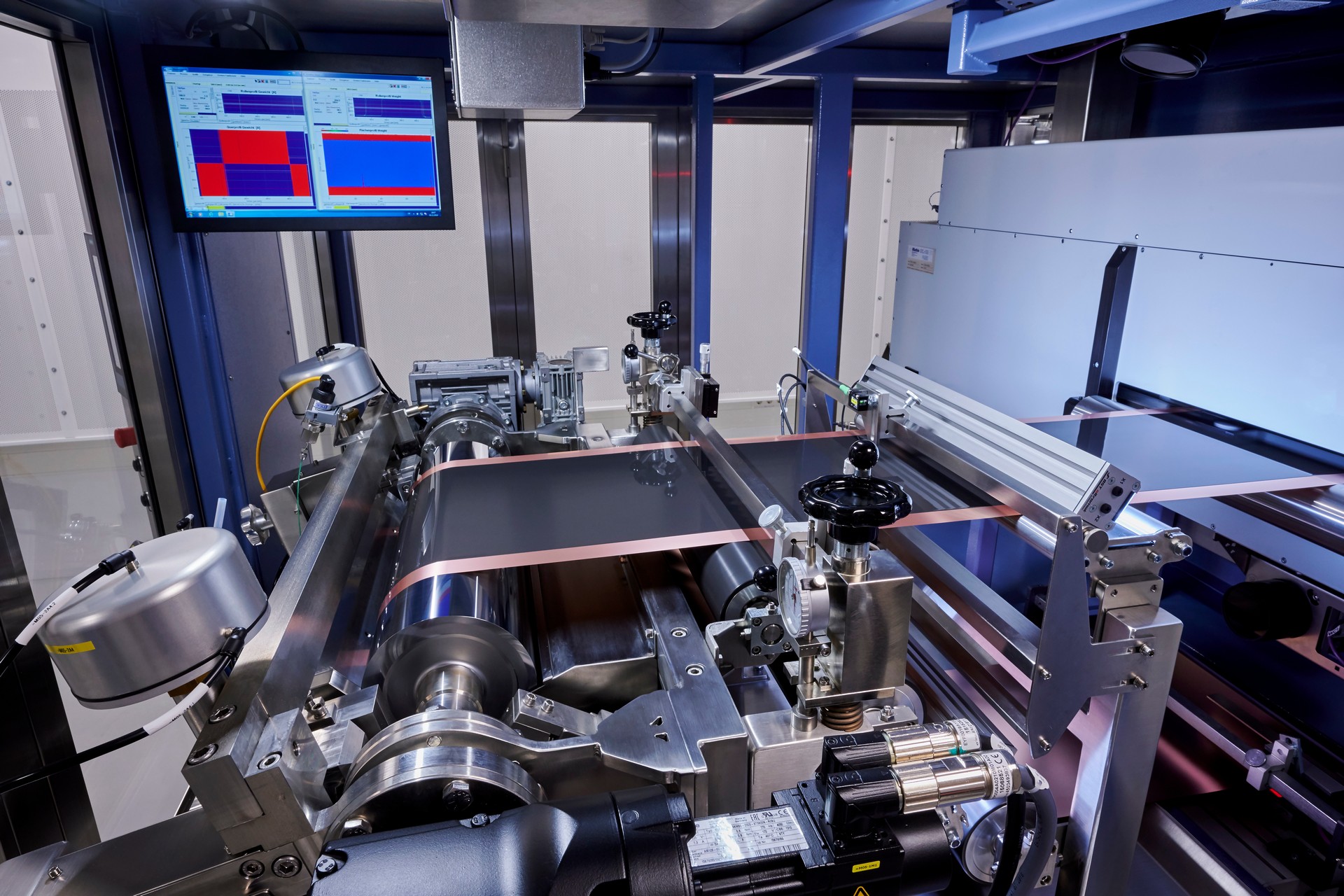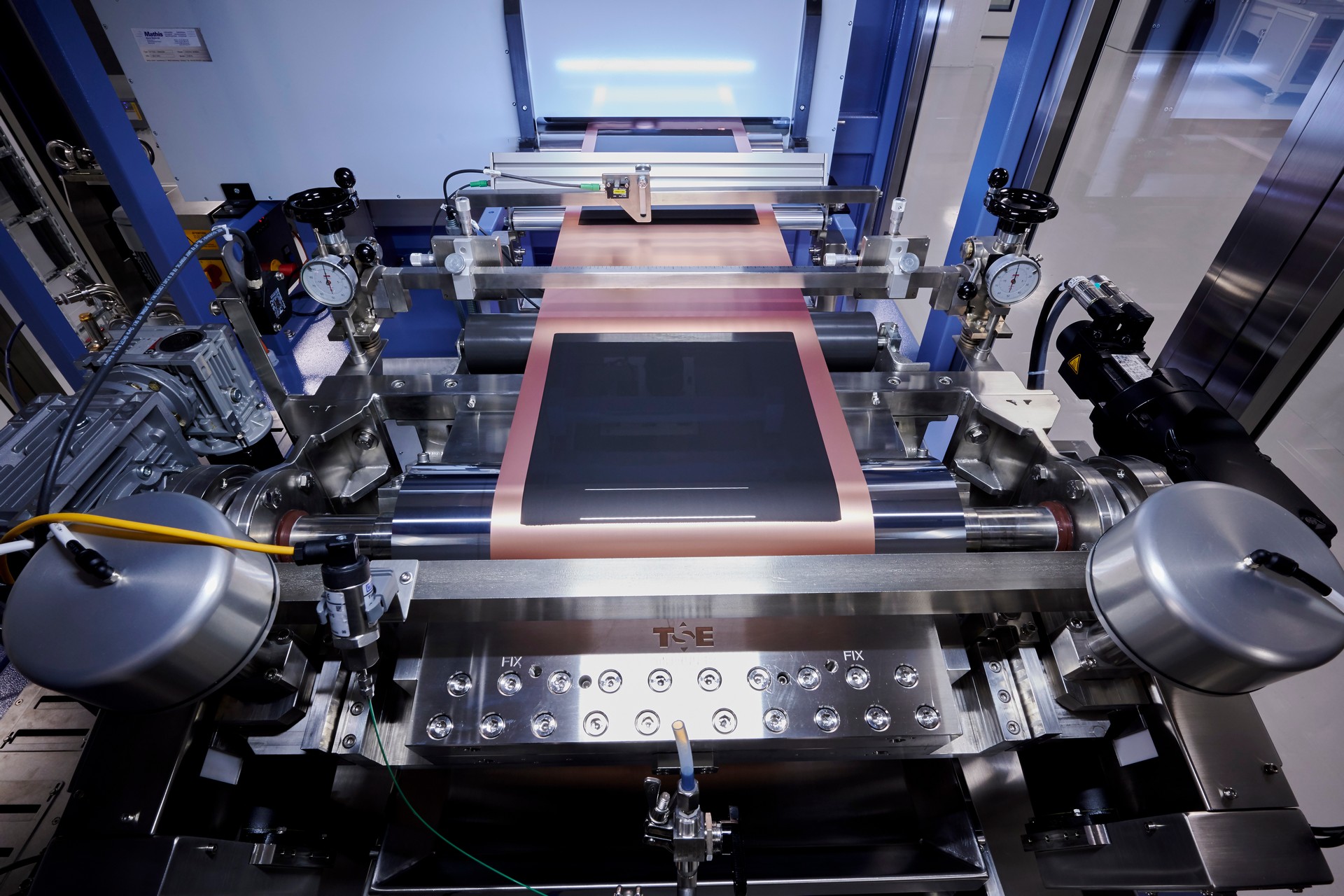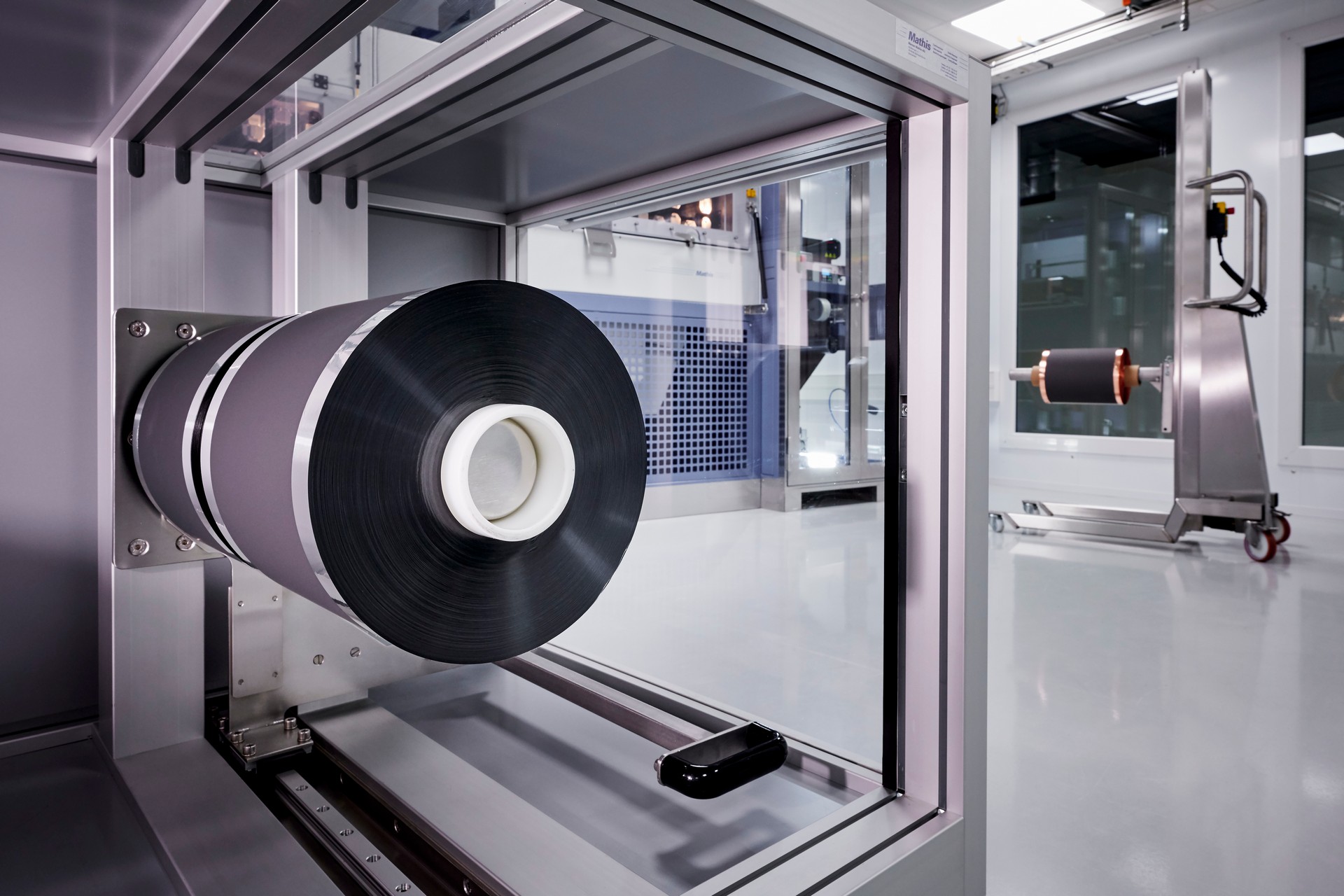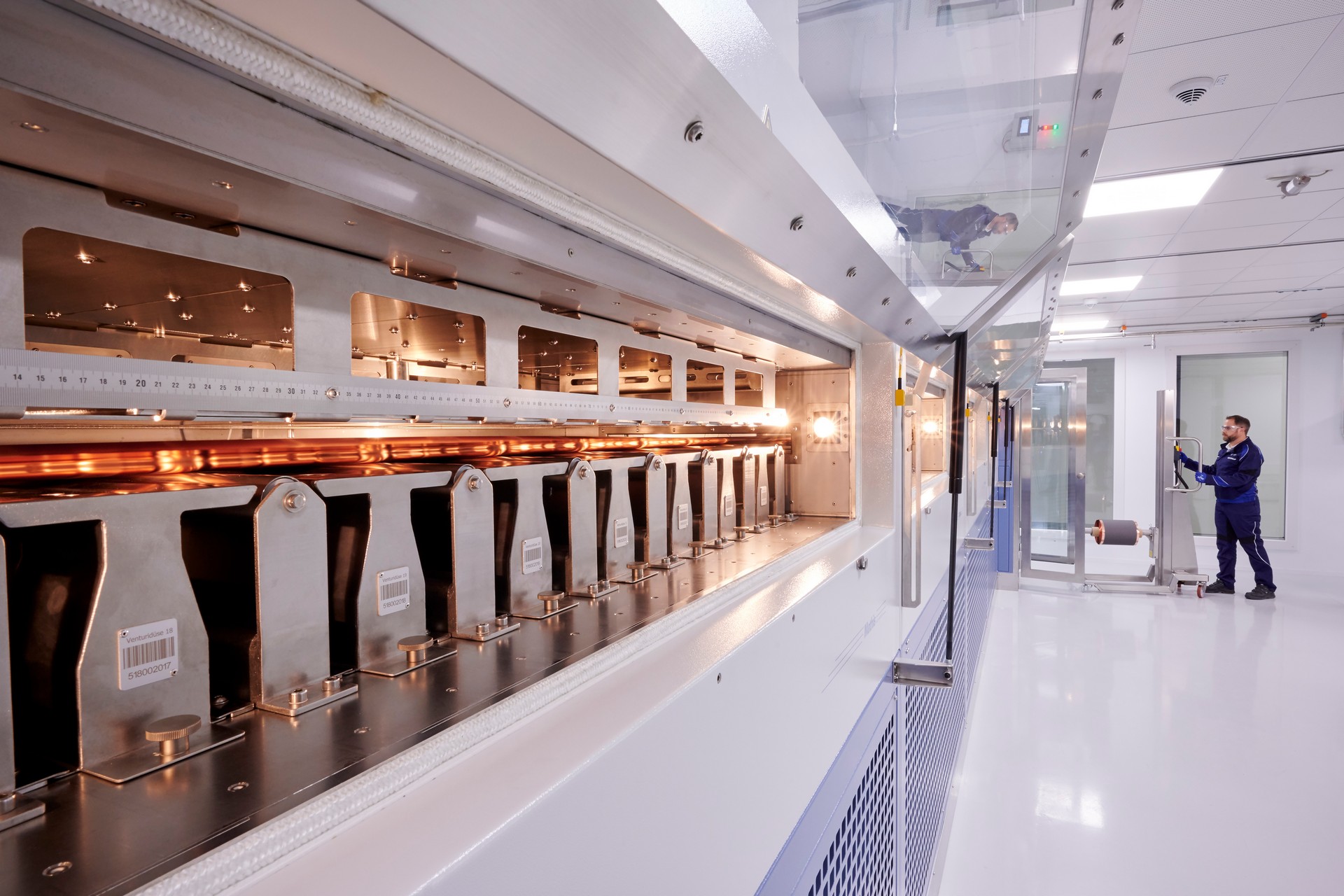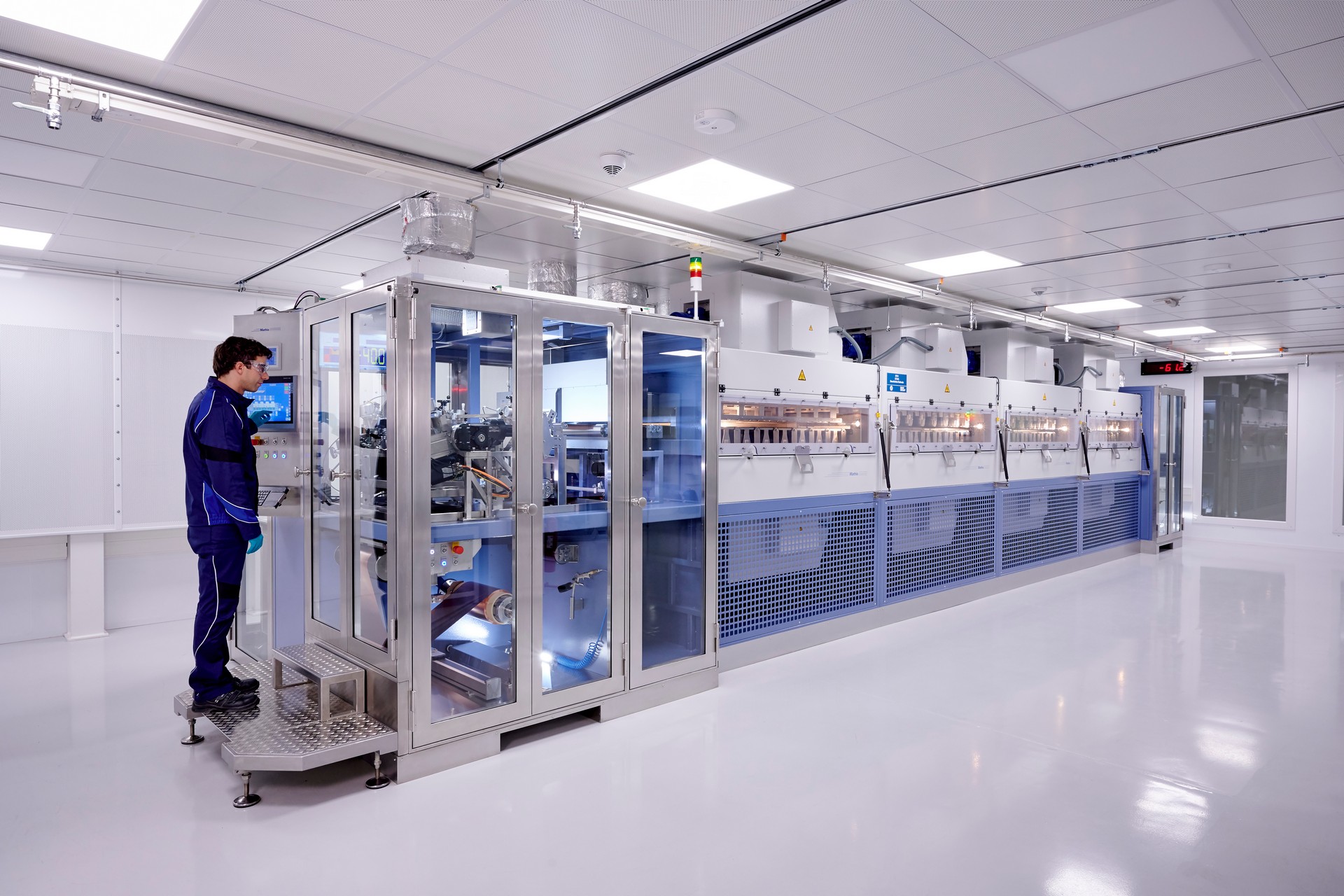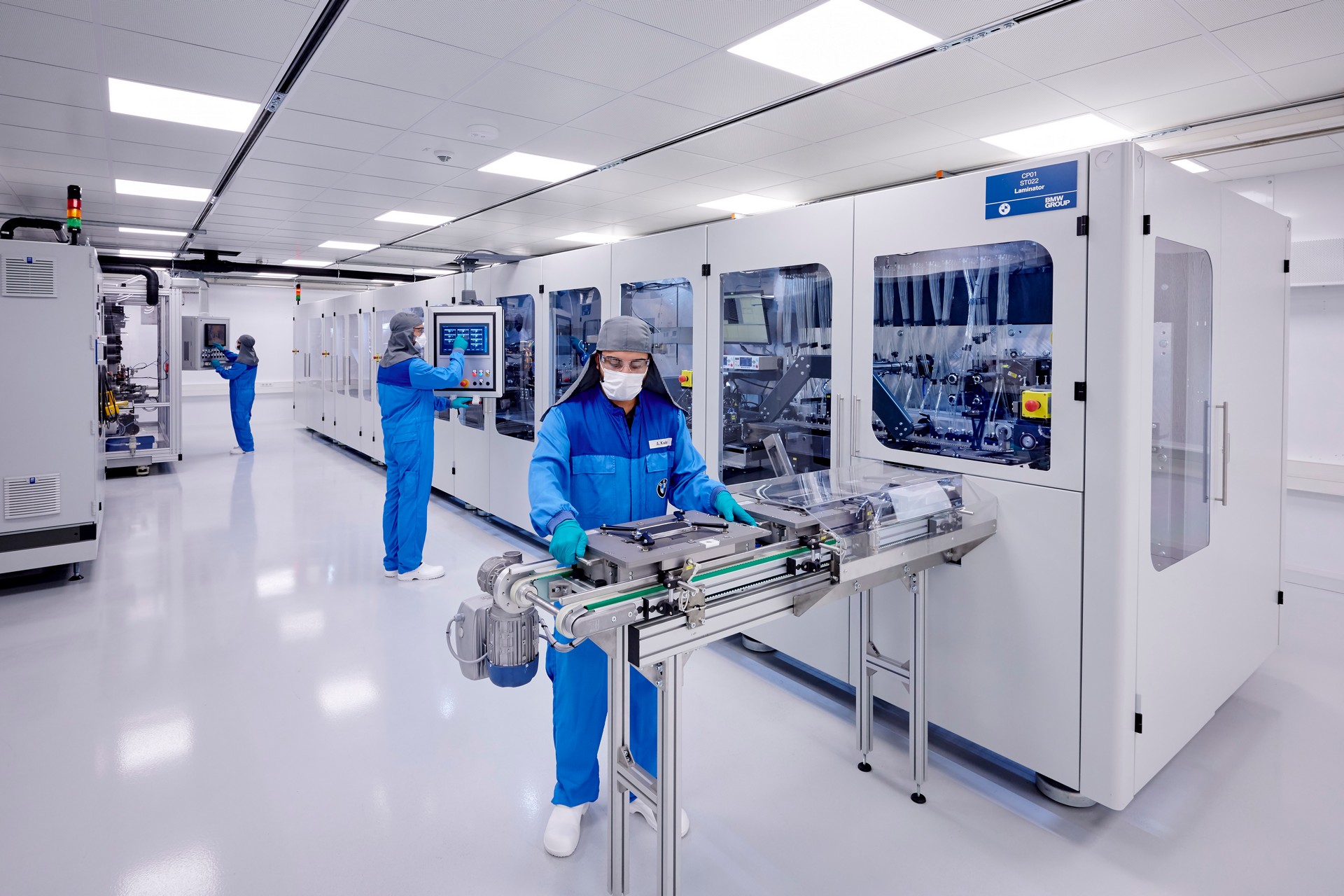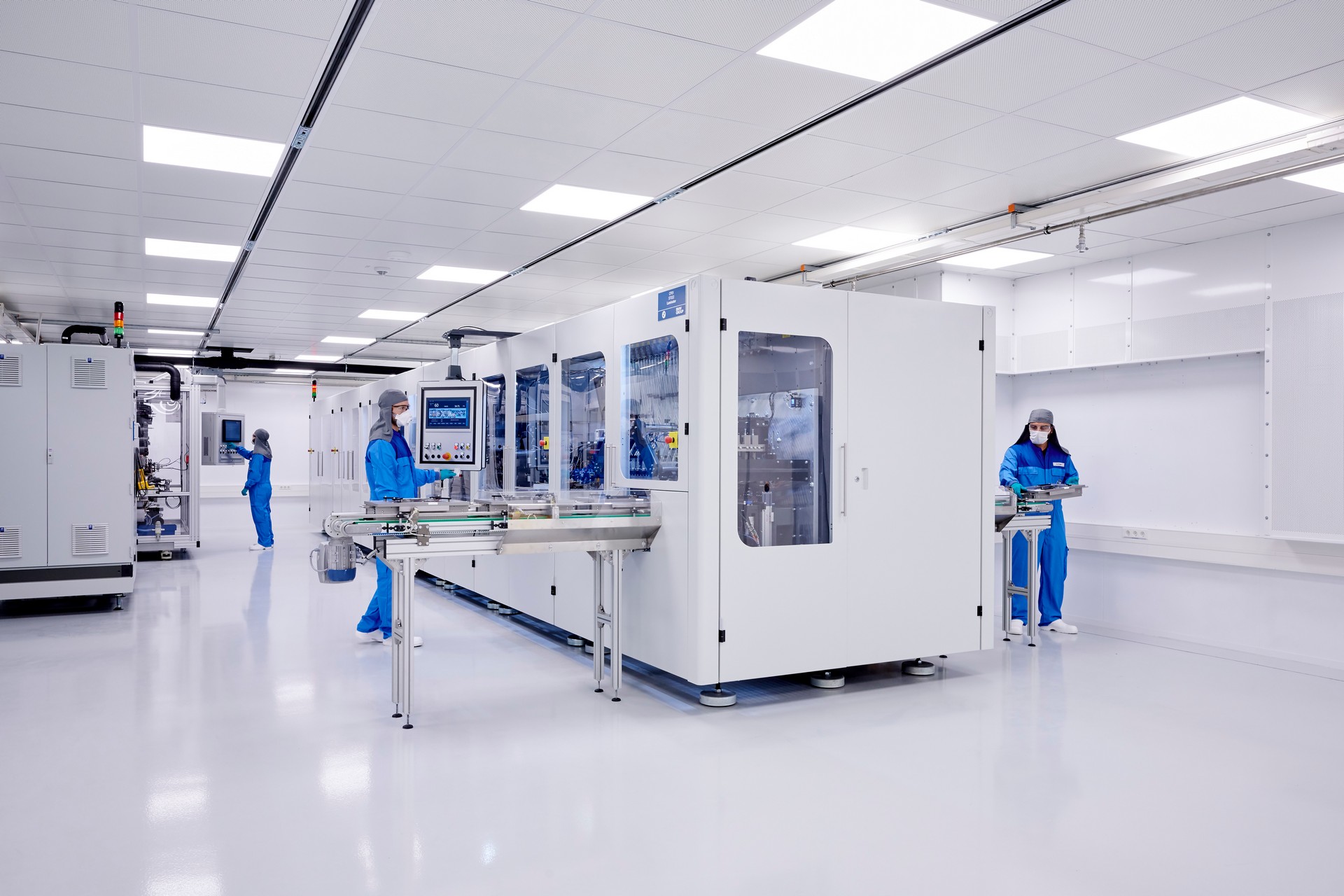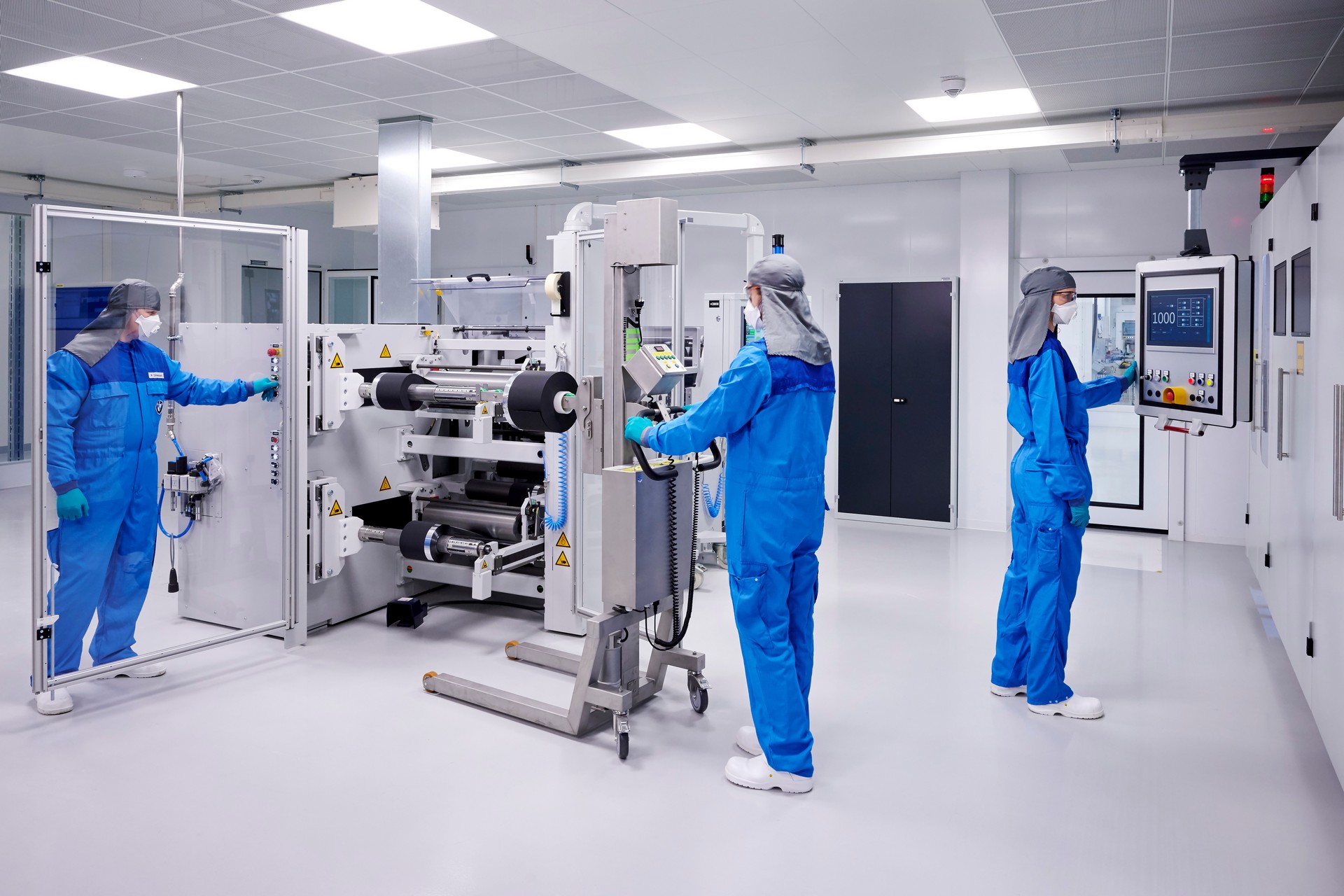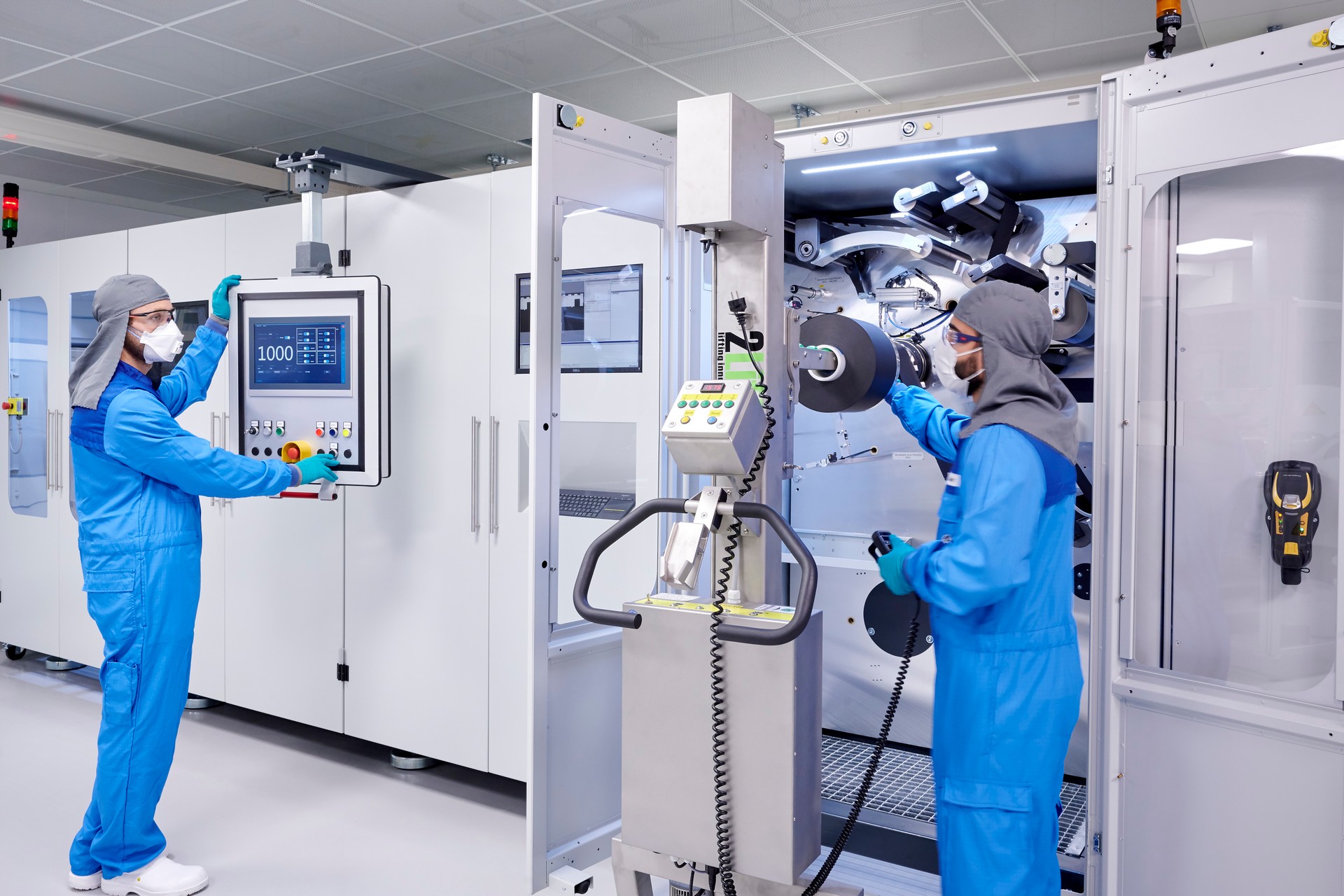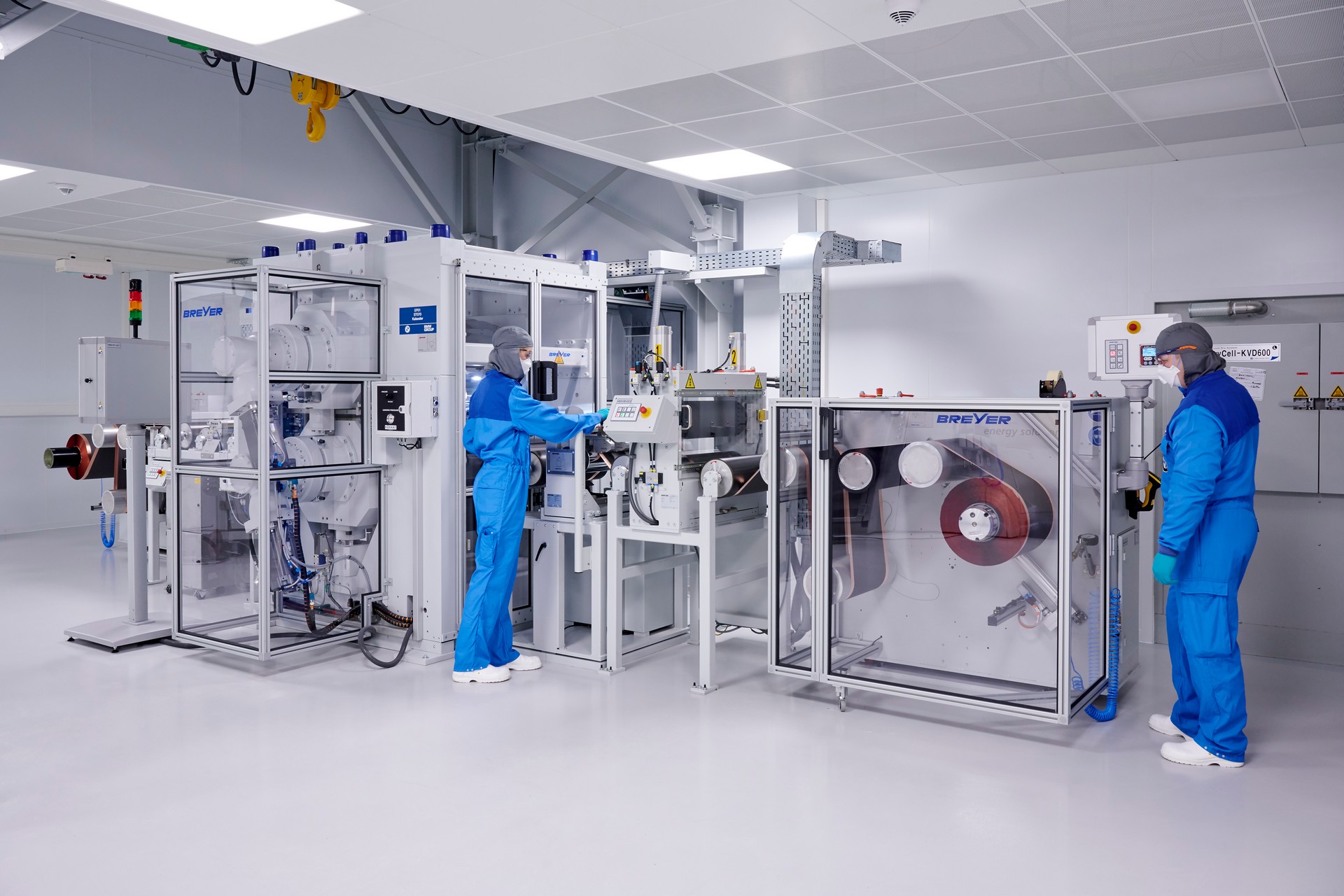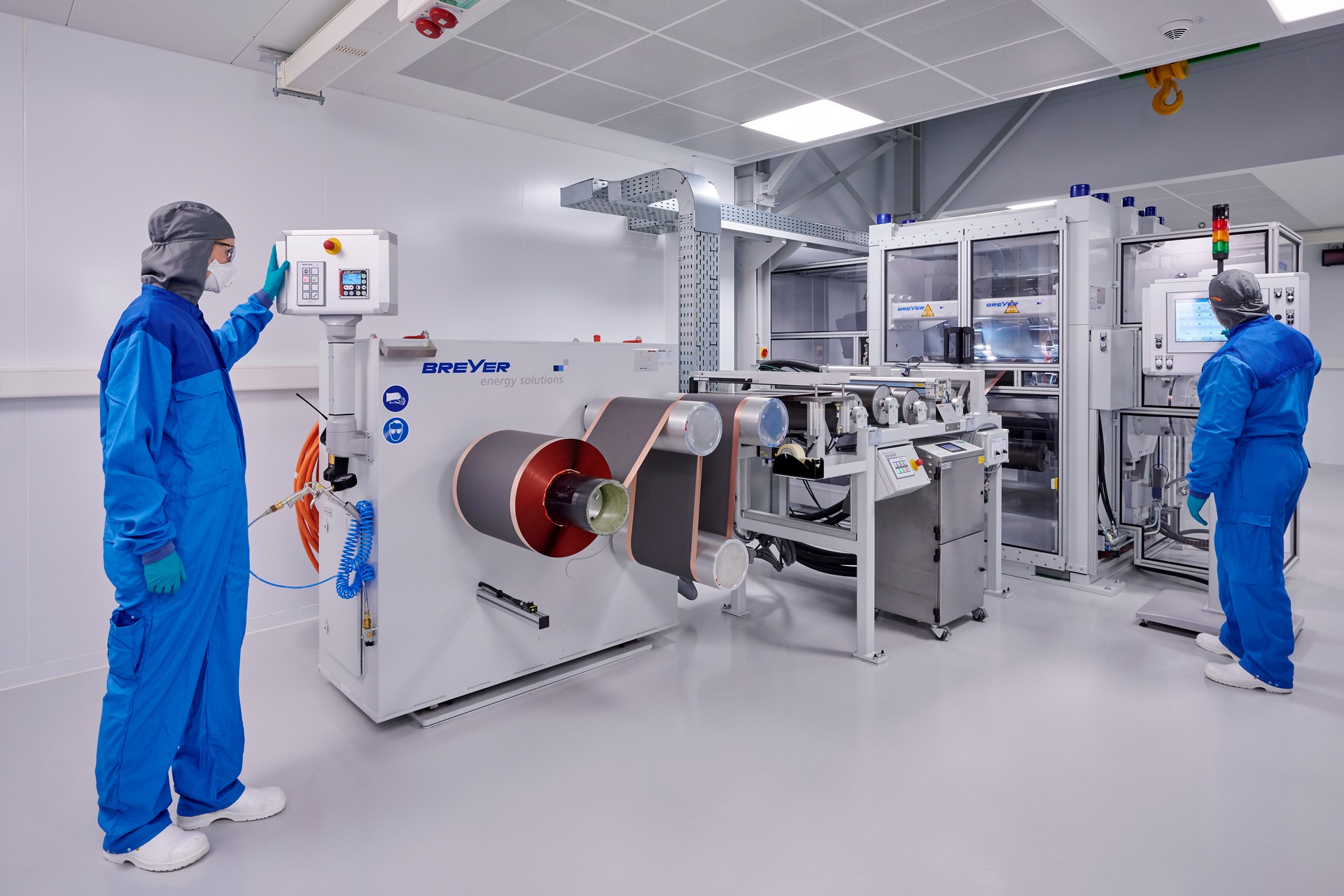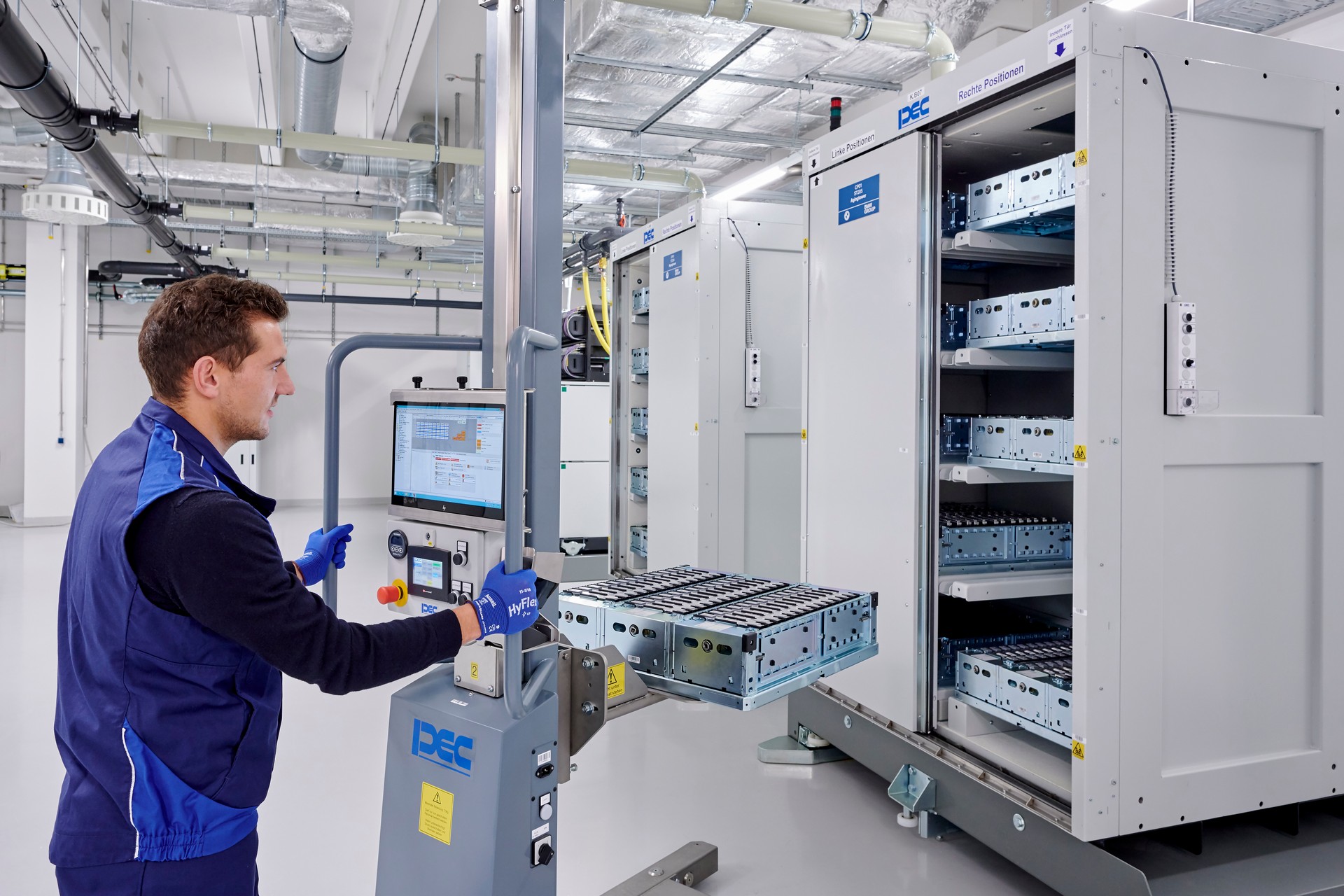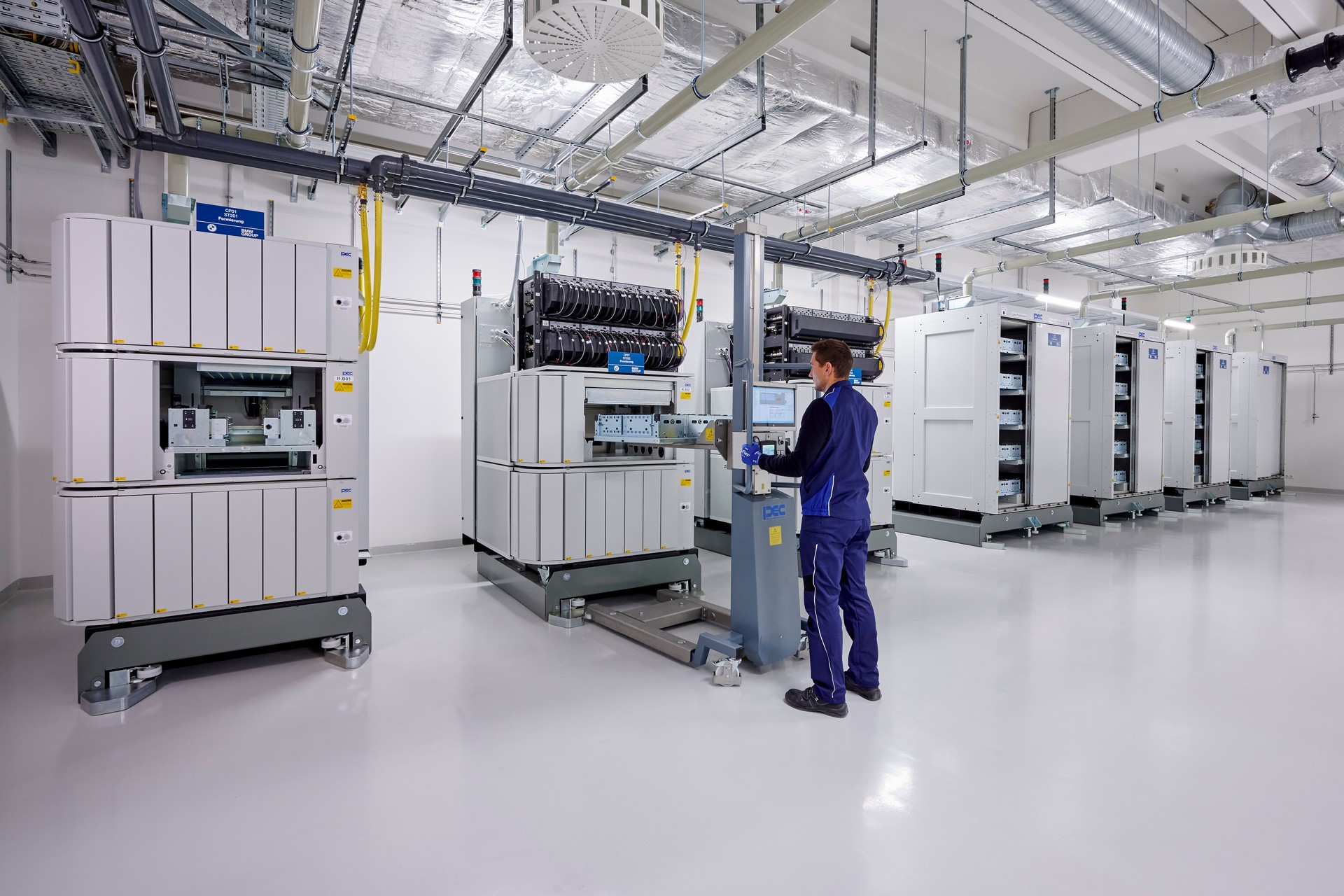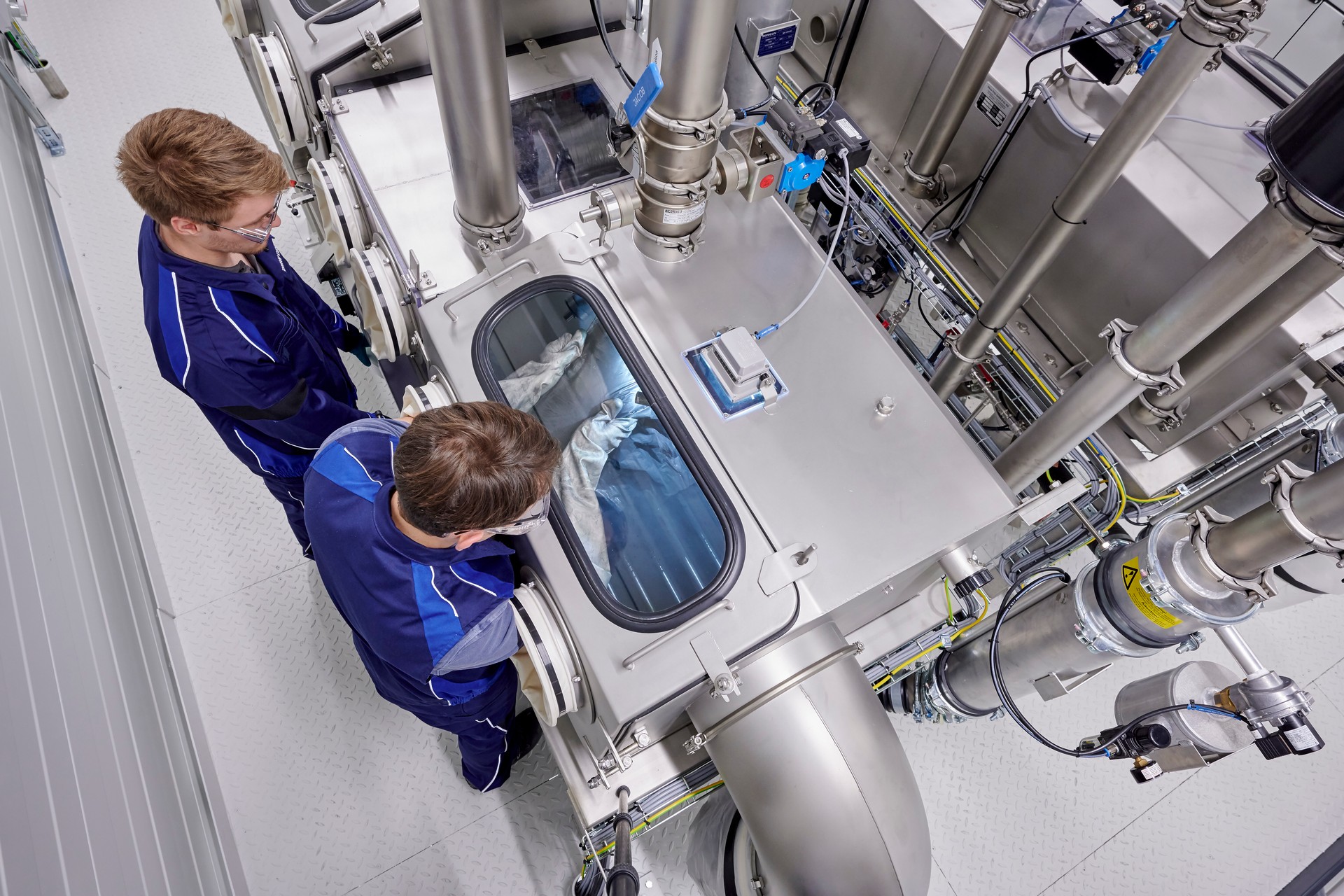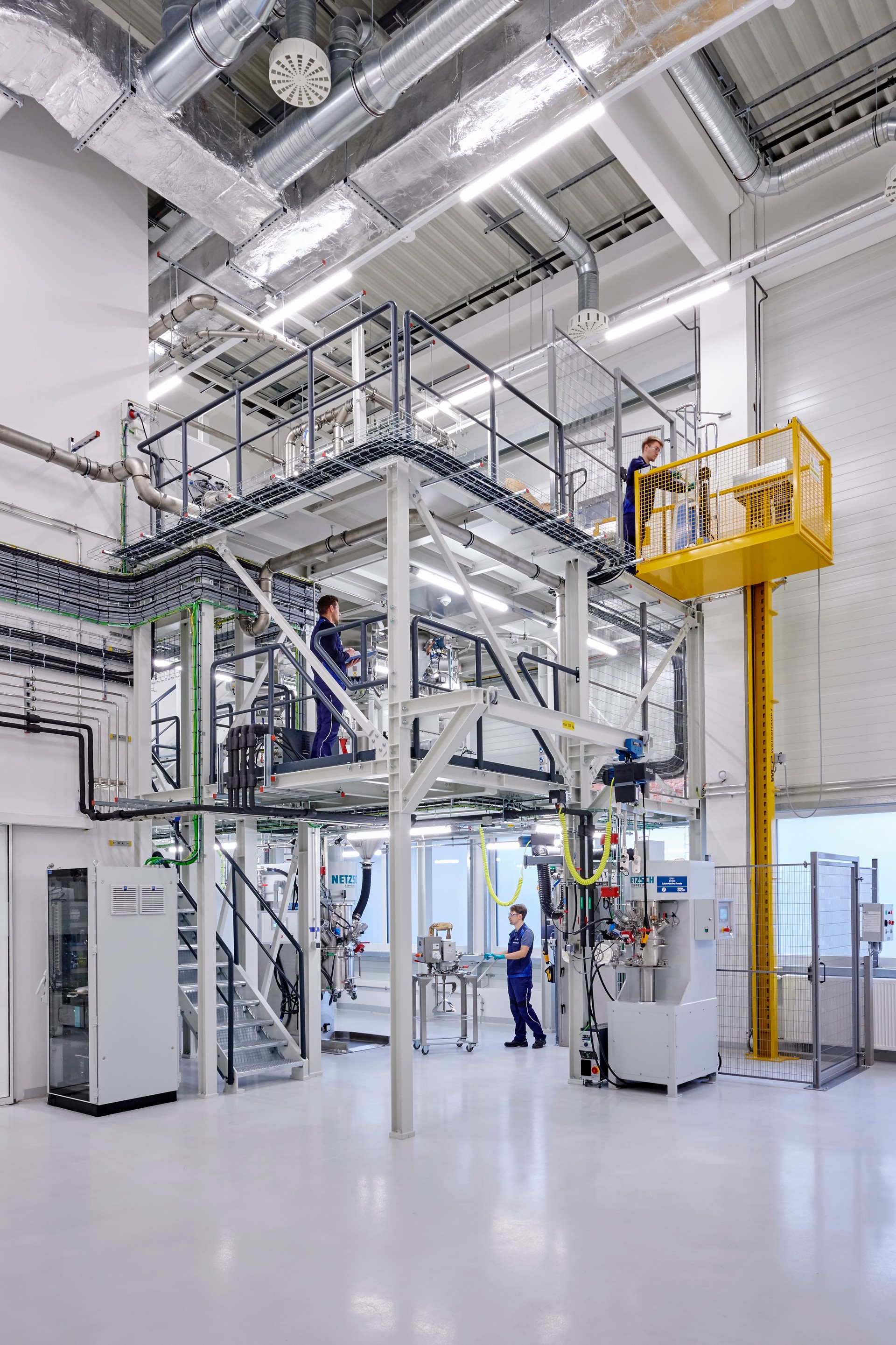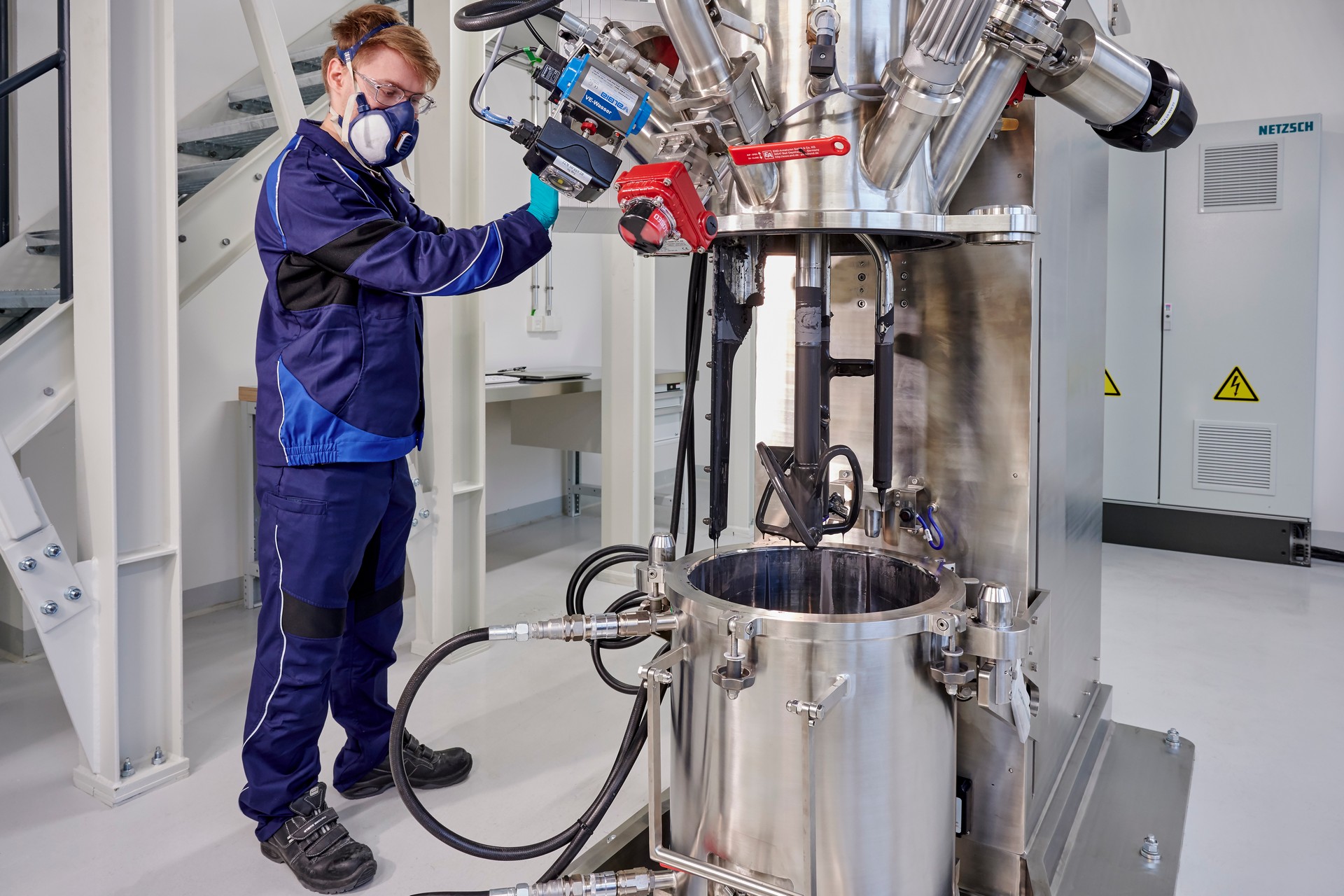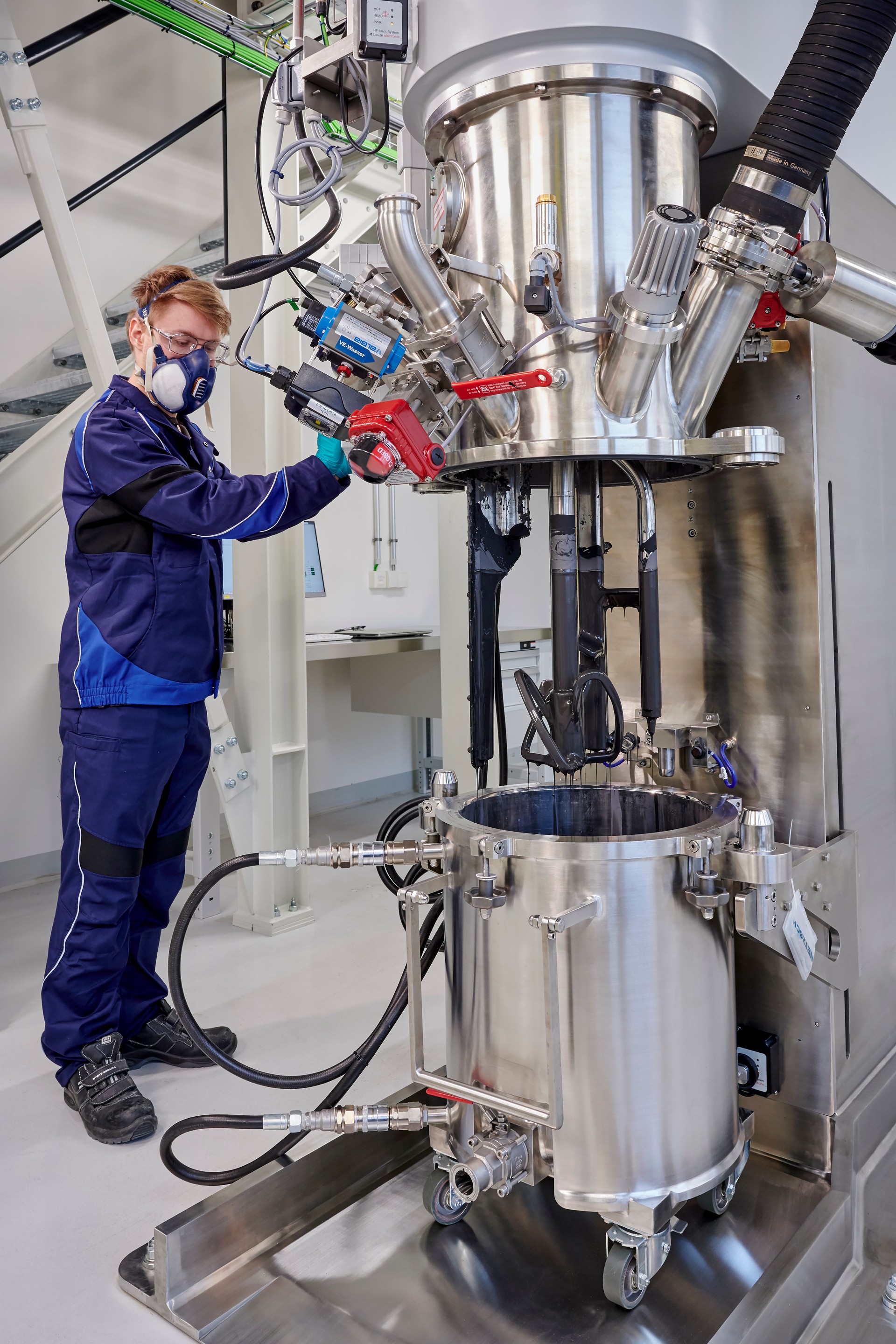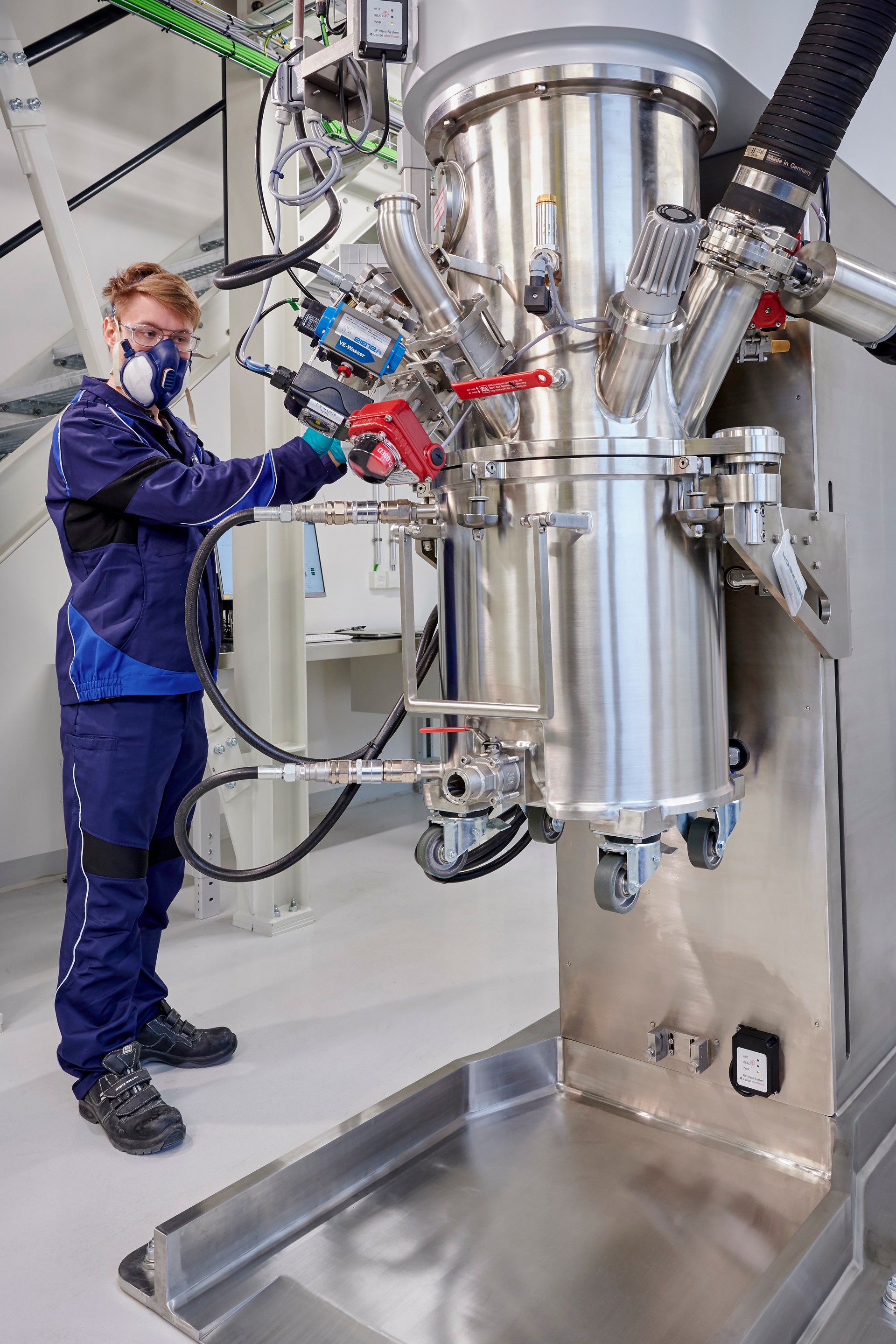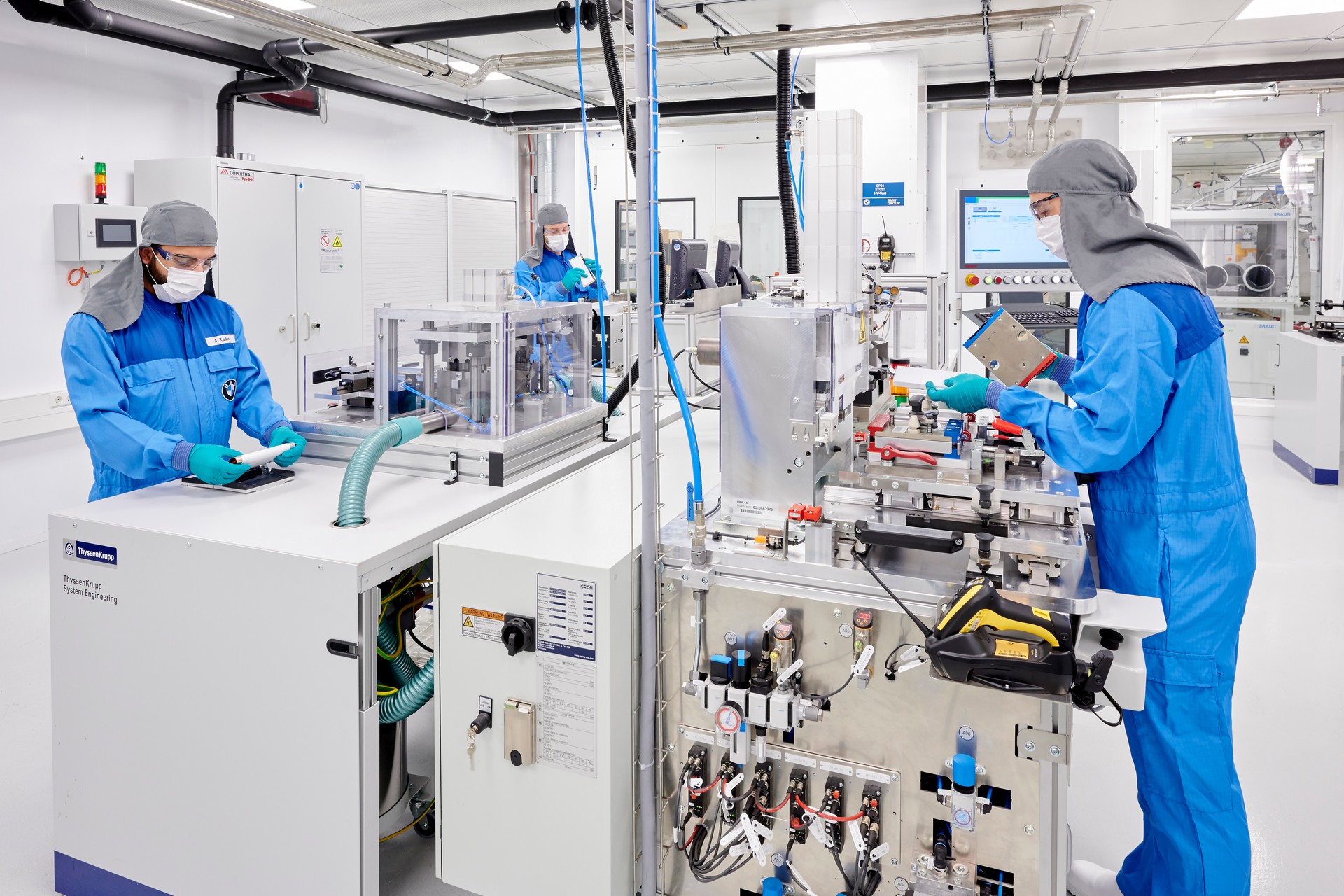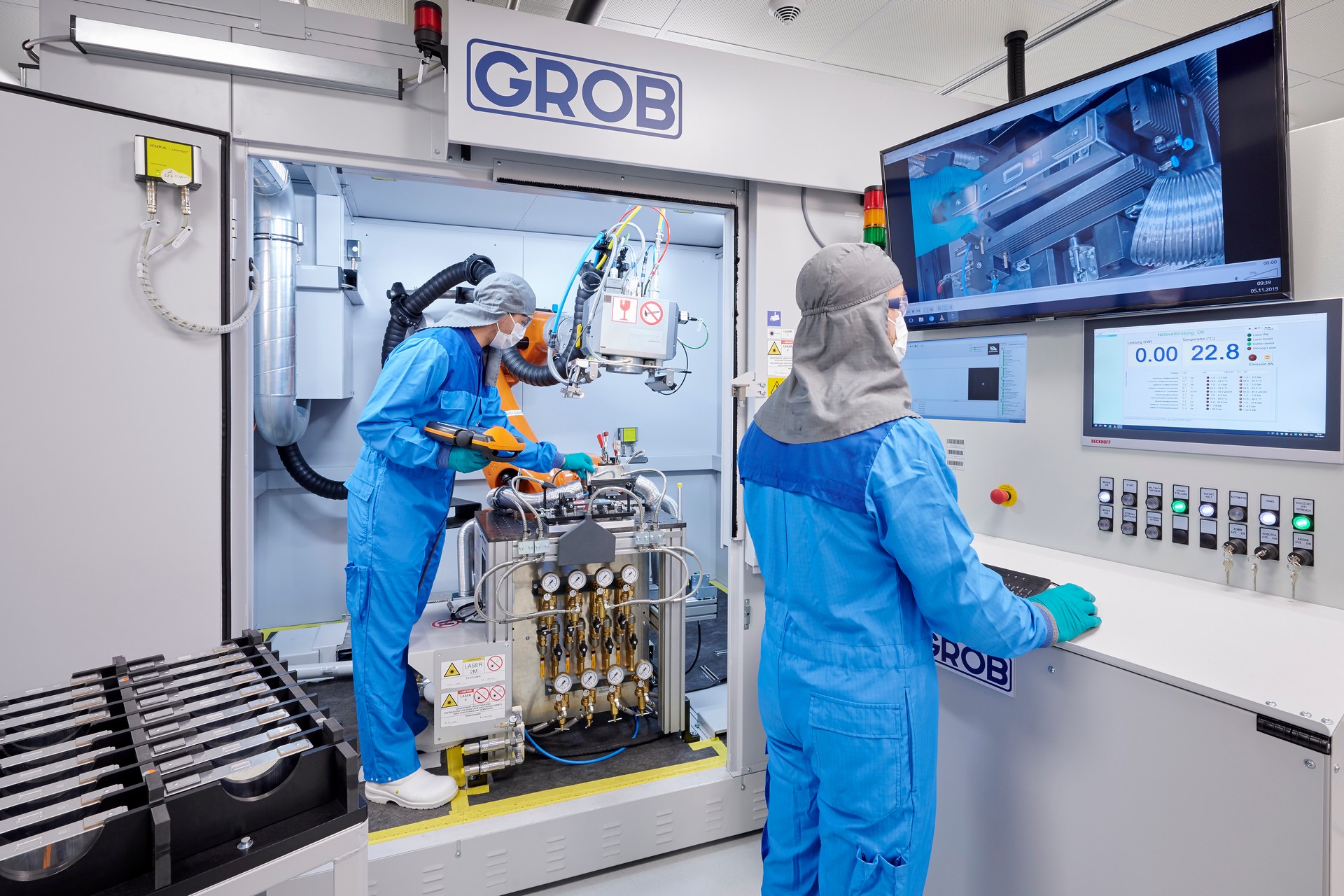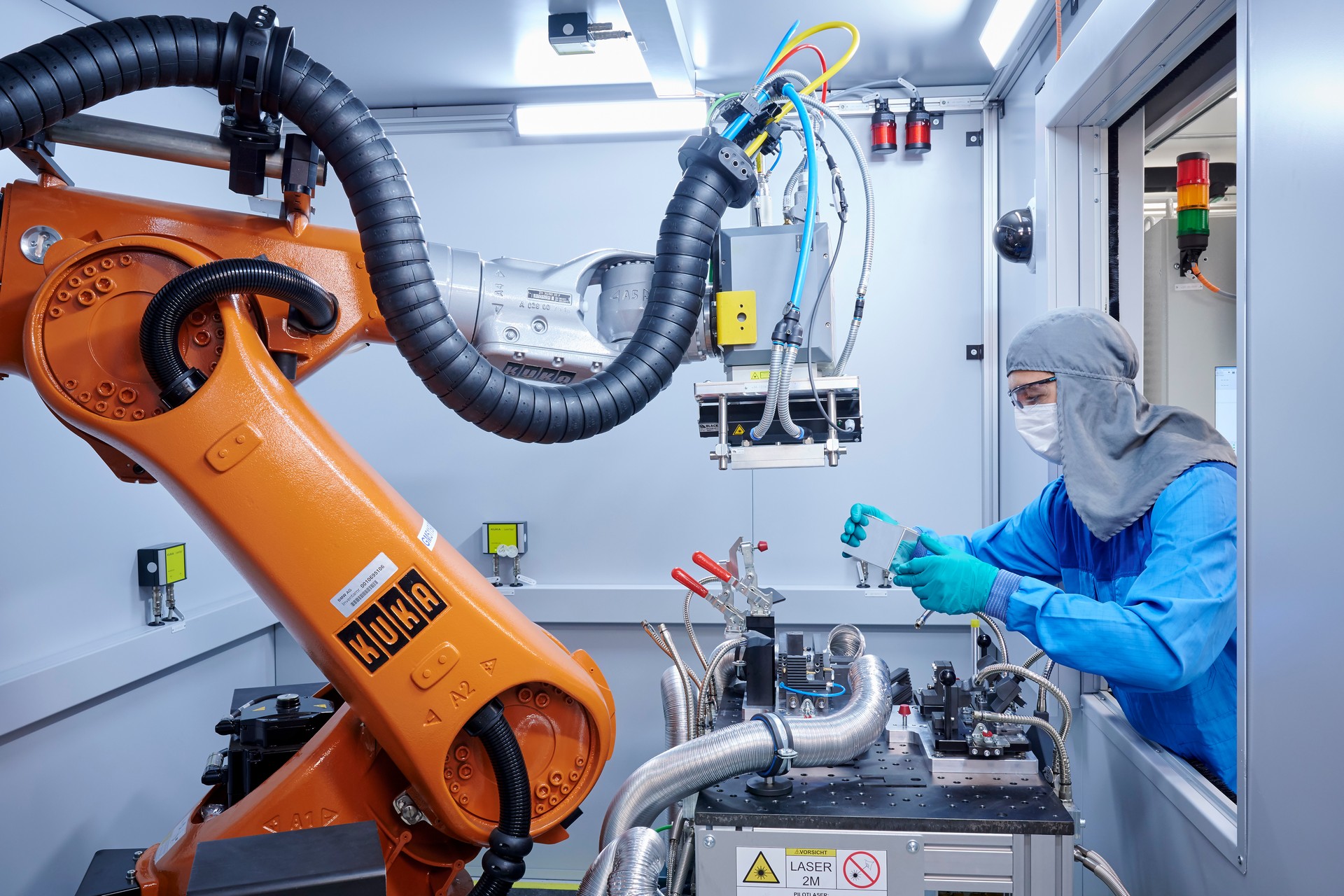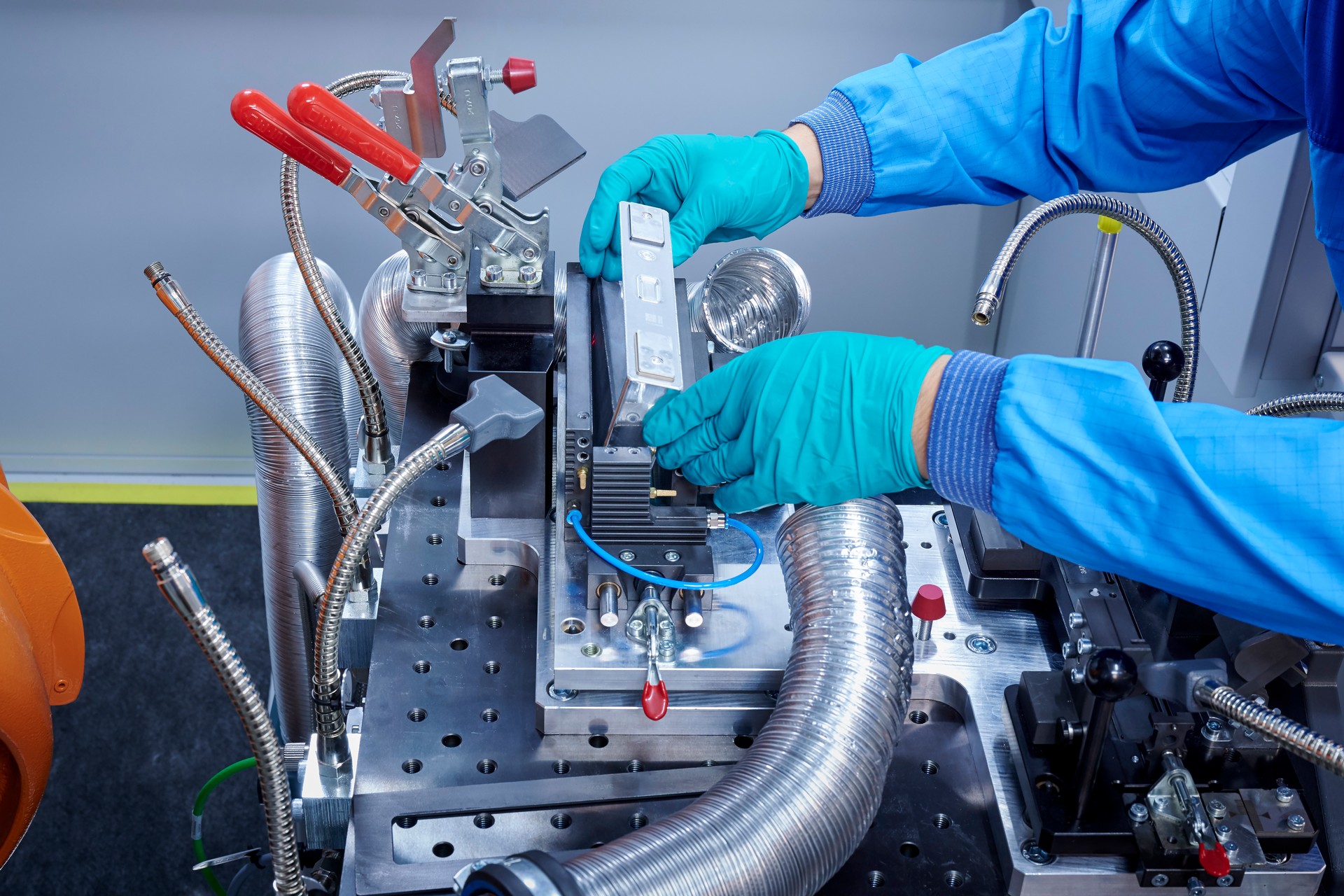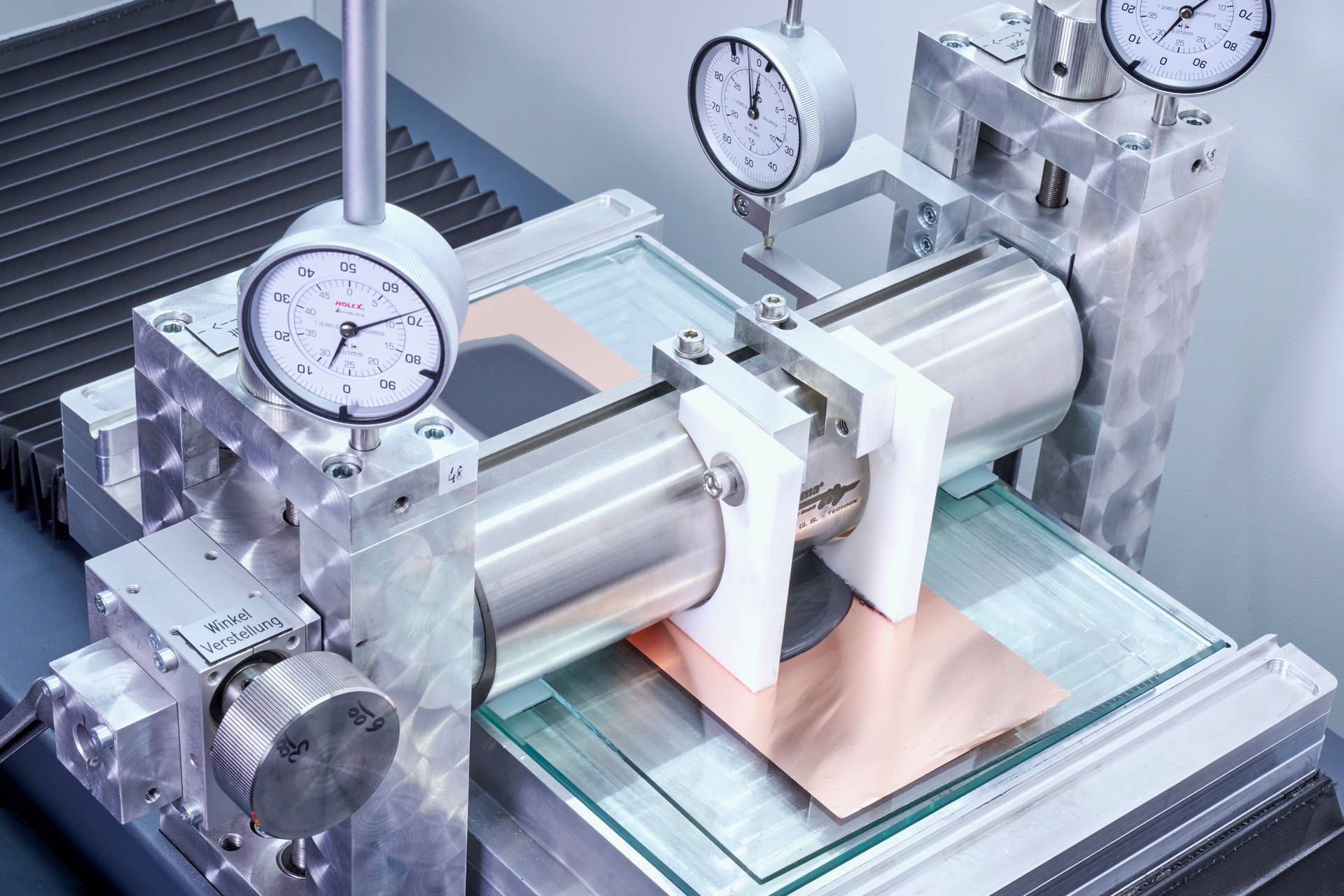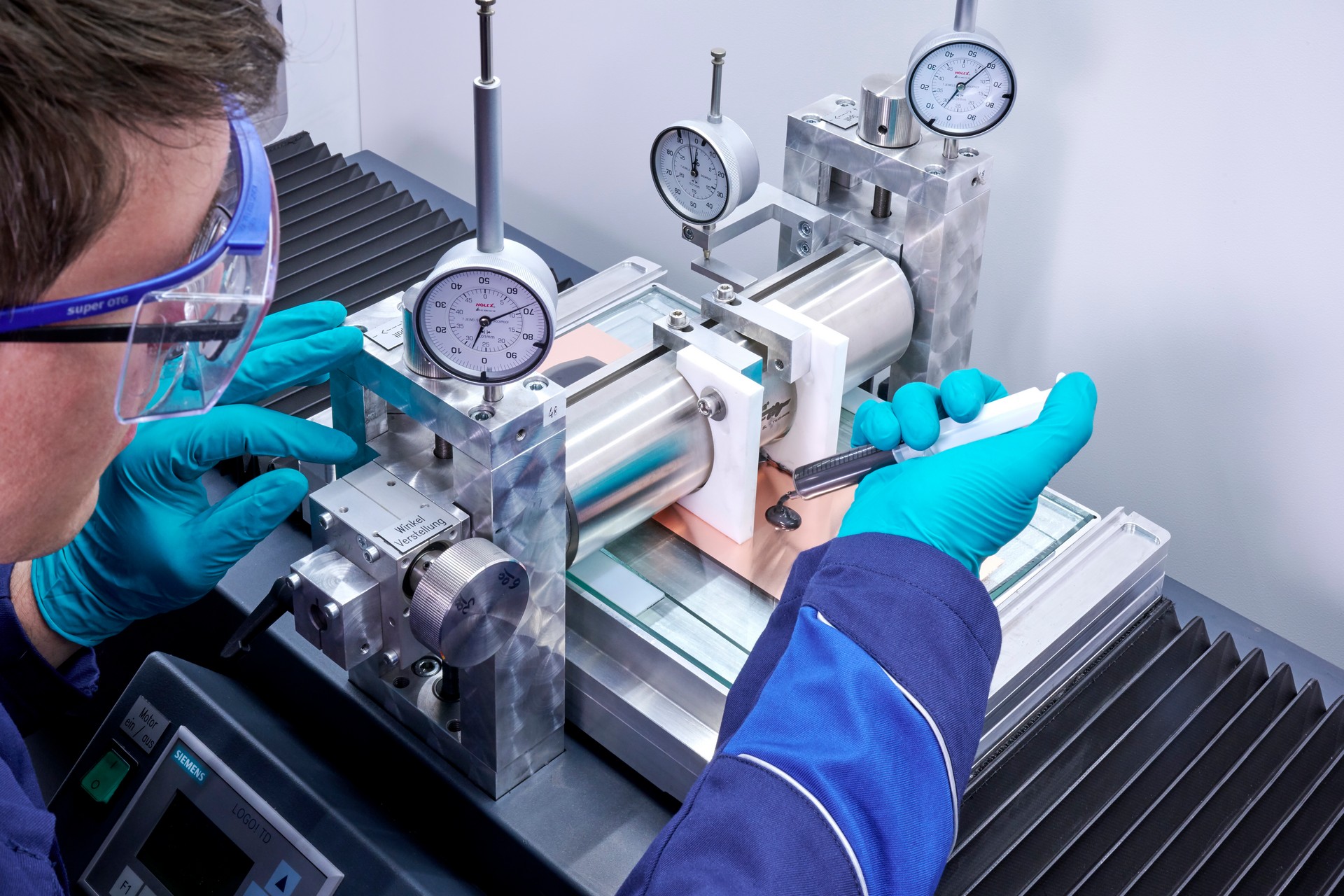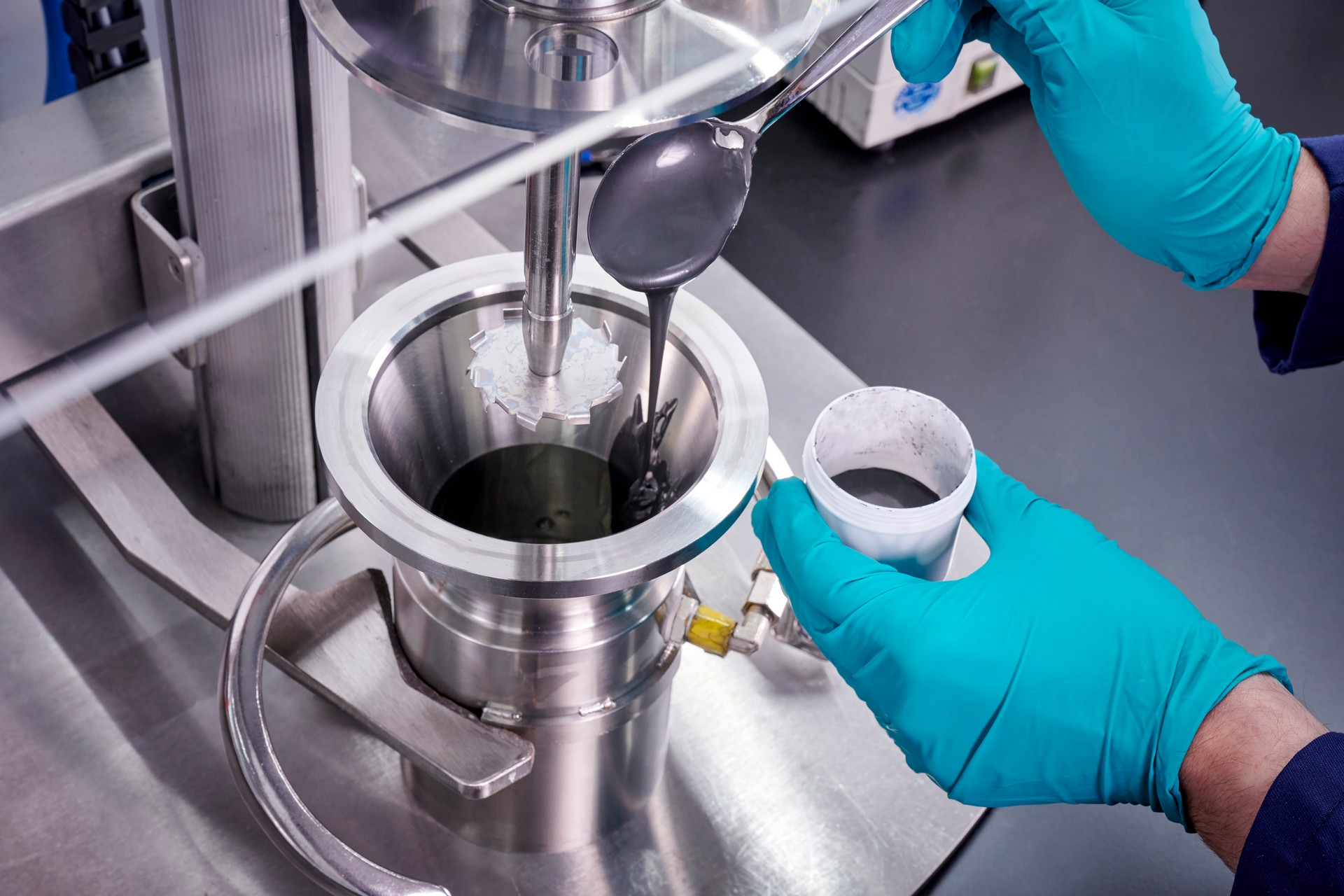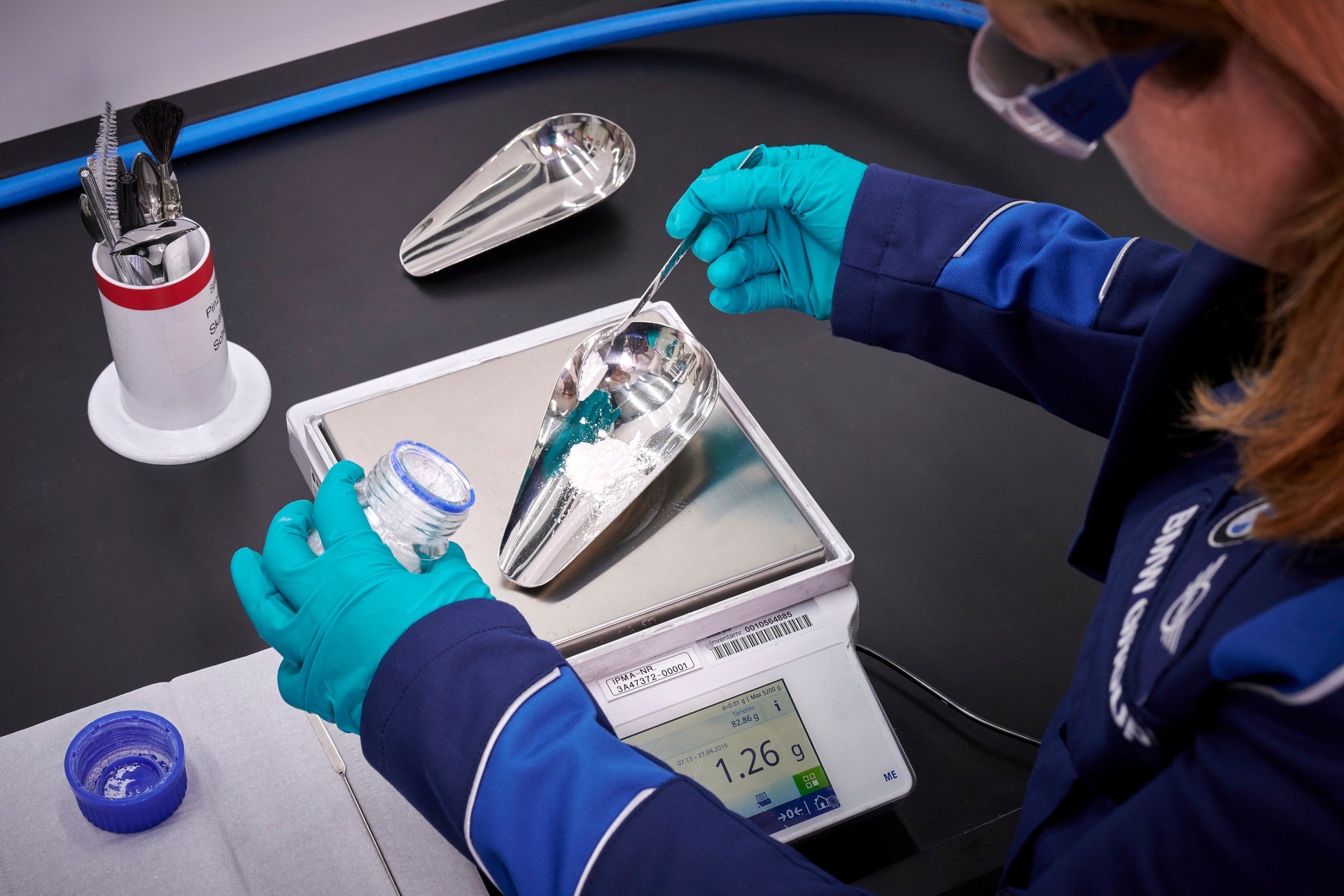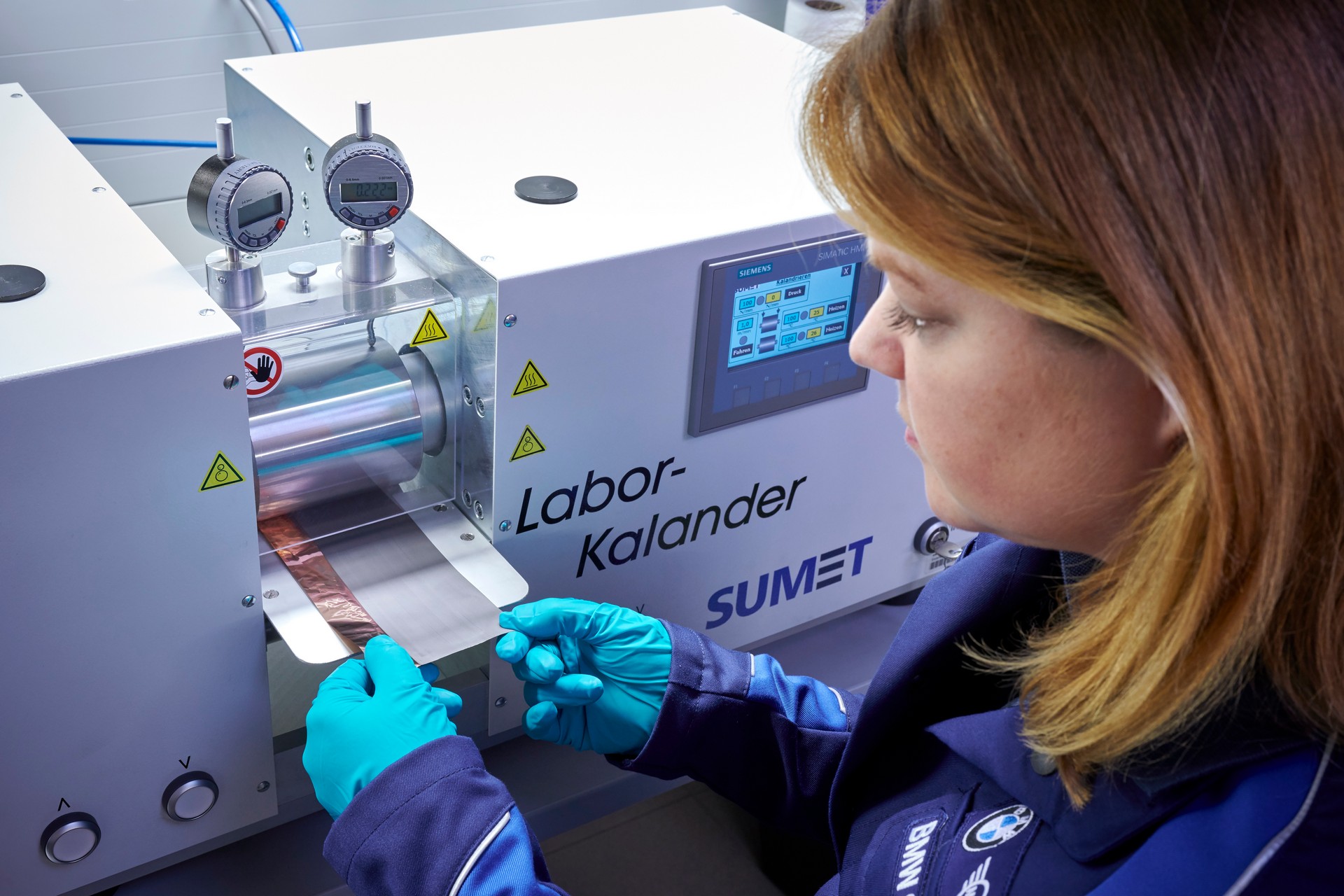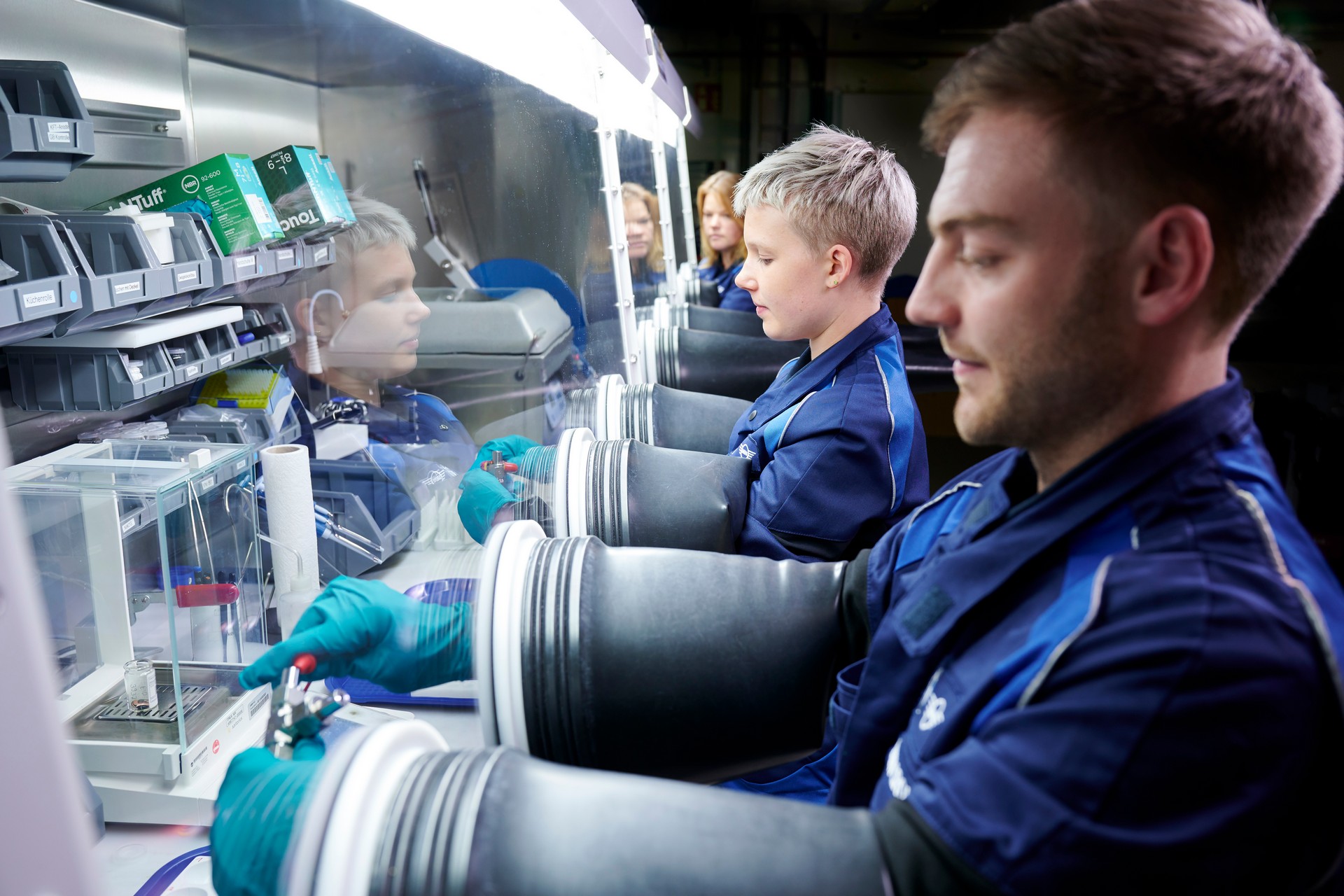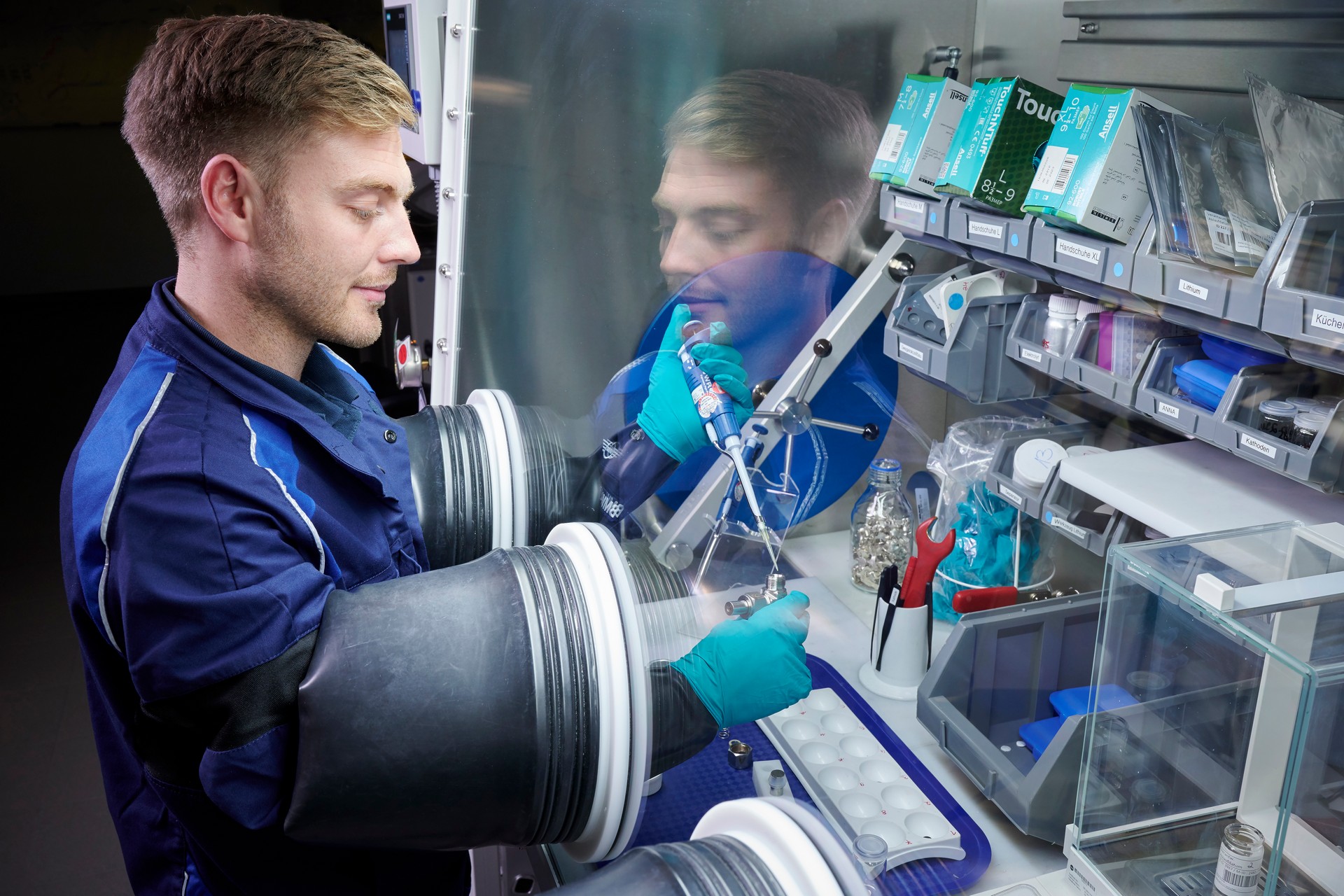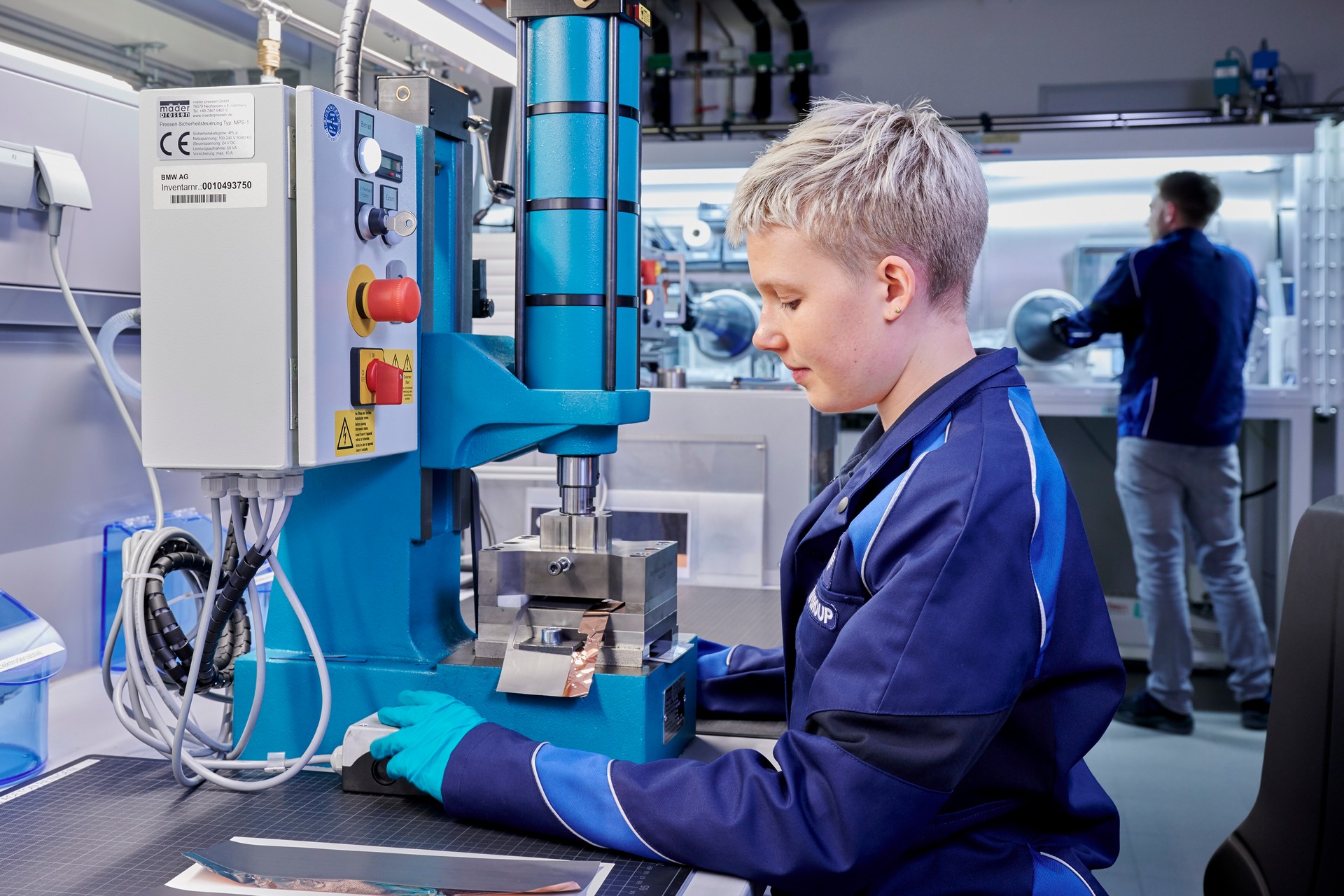BMW is providing a glimpse into the future by showcasing their new Battery Cell Competence Center in Munich, Germany.
Designed to create the batteries of tomorrow, the facility is tasked with improving energy density, peak output, service life and safety. If that wasn’t a difficult enough challenge, engineers also have consider charging characteristics, costs and thermal performance.
Since there are so many different factors to consider, the company says they’re “constantly investigating innovative materials and systematically comparing them with one another.” As part of this effort, they test new cell chemistries and individual cell components such as the anode, cathode, electrolyte and separator.
Also Read: BMW’s i4 Has More Power Than The M3, Can Charge Up To 80% In 35 Minutes
The ultimate goal is to identify the ideal cell structure that is affordable, has a high energy density and can accept fast charging – among other things. That’s no easy task, but the company isn’t alone in this effort as they’ve partnered with a number of universities, scientific institutions and start-ups. BMW says this helps to create synergies and shorten development times.
Testing plays an important role in battery development and it’s a lengthy process that starts with a small cell which is subjected to initial durability and charging tests. Once a cell passes the first stage of testing, a larger version is created and then subjected to further examination.
While BMW didn’t say much about their future batteries, Chairman Oliver Zipse hinted future electric vehicles will have twice the range as they do today. As he explained, “Taking the technology currently in the BMW i3 as a basis, by 2030 we will be able to double the energy density of our battery cells – and therefore also the operating range of the vehicles for our customers.”
Zipse didn’t go into specifics, but the i3 can travel up to 193 miles (310 km) in the WLTP cycle. Doubling that would give you a range of 385 miles (620 km). This doesn’t sound too impressive, but it’s important to remember the i3 has a 42.2 kWh battery rather than the roughly 80 kWh battery that will give the i4 a range of around 373 miles (600 km).
Besides having twice the energy density as existing batteries, future batteries will be more eco-friendly. As part of this effort, batteries are being designed with recycling in mind and BMW aims recycle over 90 percent of their batteries in the future.
The focus on battery technology shouldn’t be too surprising as BMW plans to offer 25 electrified models in the next four years. More than half of them will be battery electric vehicles.




